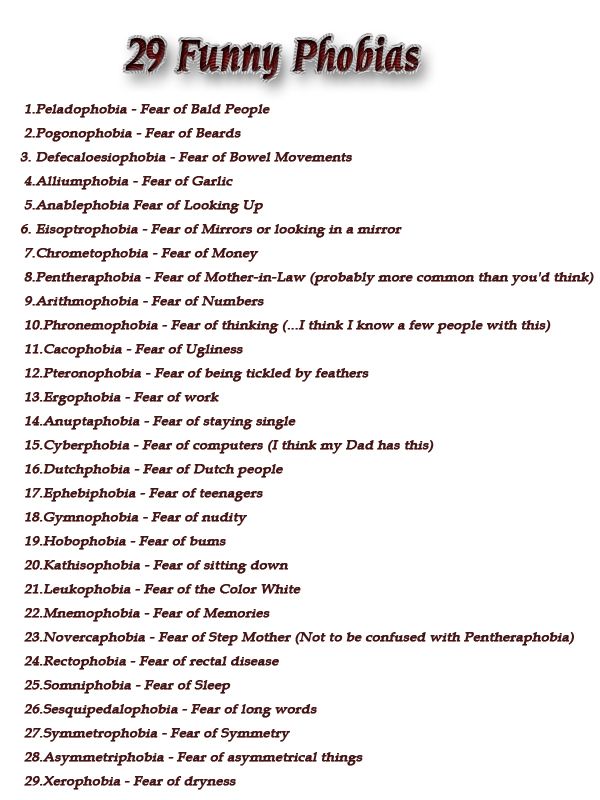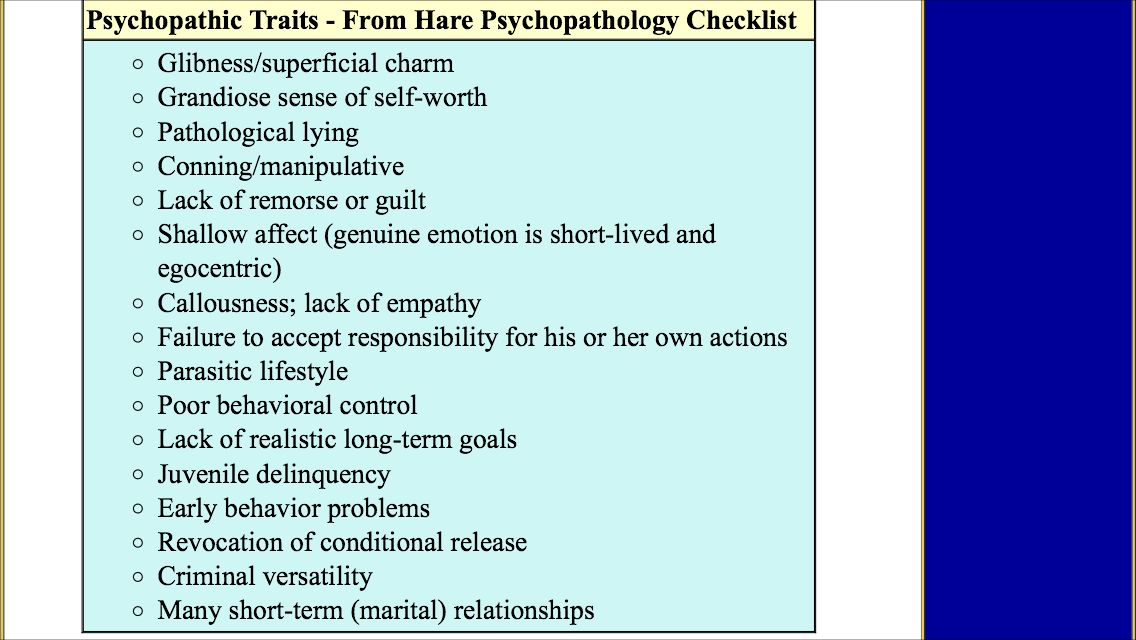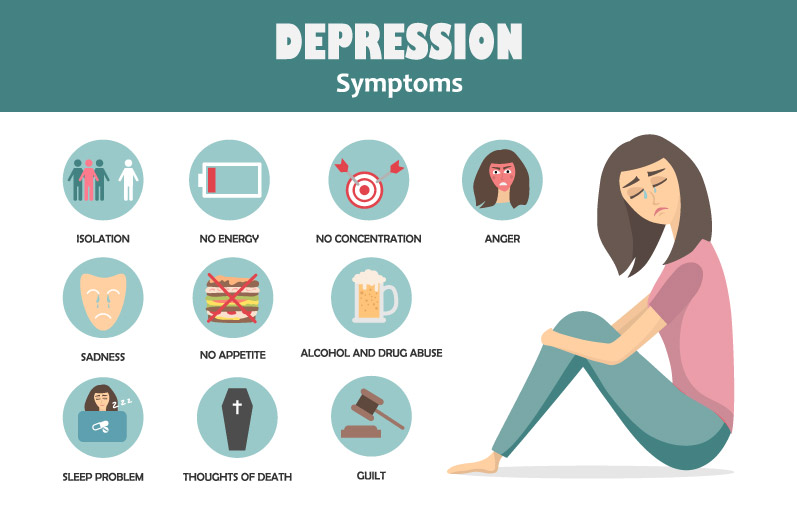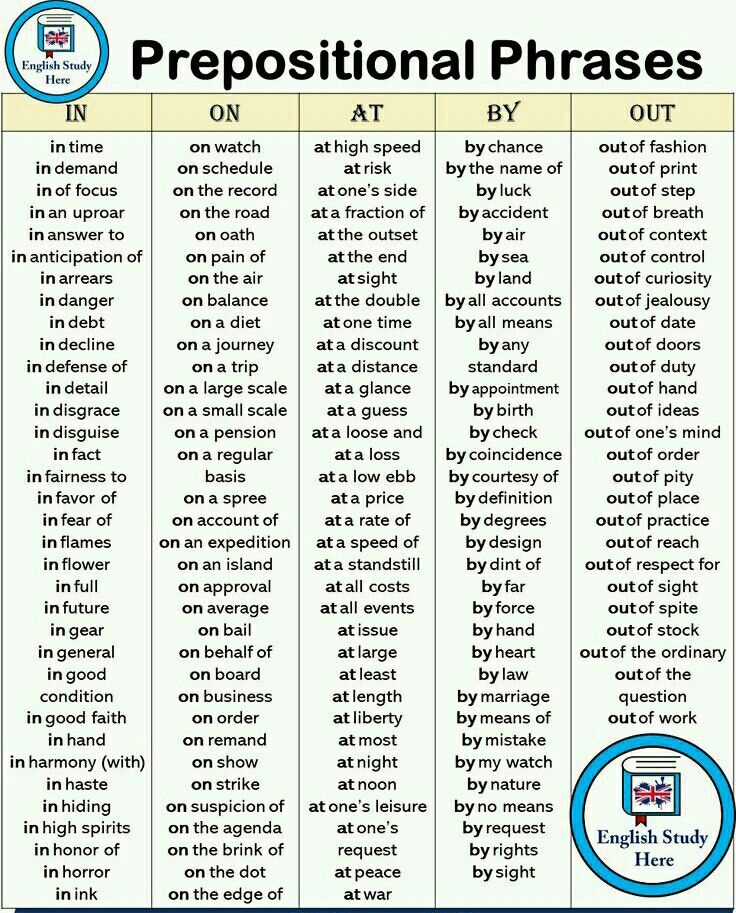Tantrums at 7 years old
7 Easy Ways to Manage Temper Tantrums in Your 7 Year Old
Author: Hayley Vaughan Smith, Person-Centred CounsellorWould you be surprised to see a 7 year old throwing tantrums in a public place? The answer is probably yes, unless your child is one of them.
Whilst far less common than toddler tantrums, tantrums in older children can happen and can be distressing for parents of children to witness and experience.
The good news is that there are lots of effective ways to support your child’s emotional development, helping to reduce the frequency of or eliminate their tantrums.
We’ve devised 7 easy ways to manage temper tantrums in your 7 year old, aiming to arm both you and them with practical and sustainable skills which will hopefully lead to a calmer family life.
Why Do Children Have Temper Tantrums?Most children have occasional tantrum behaviours. In fact, no matter what age, most children act out, show opposition or defiance or have meltdowns. This behaviour is normal and often a sign of positive character traits such as assertiveness and standing up for what they believe in.
When tantrums tantrums occur, they are never pleasant but they always happen for a reason. Frequent seven year old tantrums can be seen as a red flag that your child may be having a tough time with certain things, such as behaviour, learning, or managing strong feelings.
Identifying the triggers for frequent tantrums can sometimes be obvious. For example, starting homework, leaving a video game to sit up for supper, being told it’s bedtime. Sometimes however, tantrums can seem to happen for no reason at all.
One key reason for children having temper tantrums is that they haven’t yet learned to manage huge emotions such as frustration or jealousy. They may not yet have certain key skills such as the ability to explain how they’re feeling in words, or the ability to spot the emotion as it rises and take action to prevent it escalating.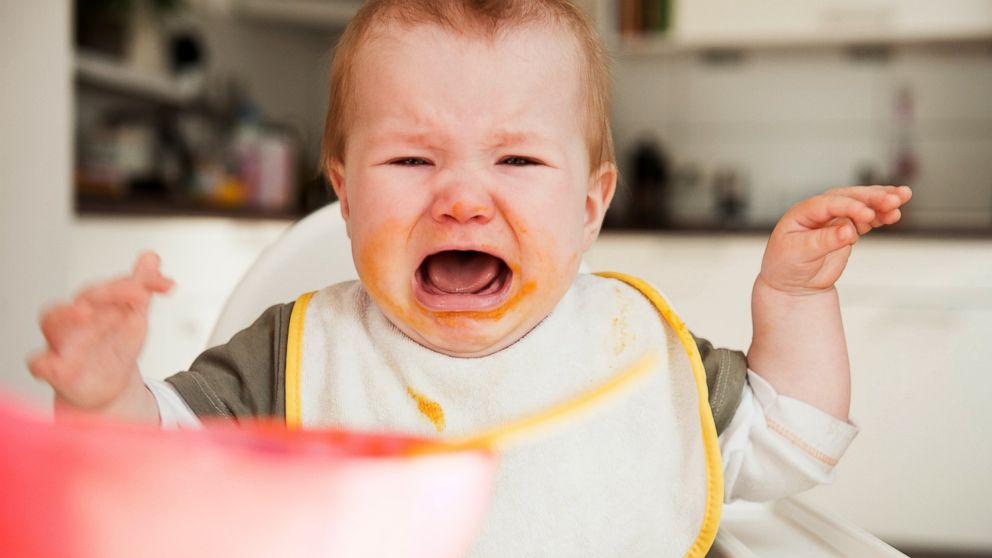
Is your seven year-old under stress? One reason your child can’t yet manage big emotions might be that they actually have bigger emotions than other kids their age. Why might this be the case? Two reasons.
Firstly, they may be very sensitive. They may feel emotions more deeply than others. This is not a bad thing at all, but your child needs extra support to build emotion management skills.
The second reason why your child has bigger emotions than others could be that they have more stress than others. By stress, I mean any triggers or events which their brain experiences as stress. Has your child experienced any of these (or similar) changes lately?
- Moving house.
- Having a new baby sibling.
- Parental ill health.
- Moving school.
- Parental separation or divorce.
- Bullying.
- Bereavement.
If your answer is yes to one or more, then your child may be under a high level of stress. When stressed, your child will be on high alert for danger, because their brain feels under threat. Their body will have more stress chemicals floating around, keeping them alert for danger, such as cortisol. They will find it harder to relax, sleep and enjoy life. They are more likely to have prolonged, severe tantrums. In time, the brain can adjust to changes and stress levels will reduce, as will the length and severity of the tantrums. For more information about helping your child with stress, read our article: How Stressed is Your Child?
When stressed, your child will be on high alert for danger, because their brain feels under threat. Their body will have more stress chemicals floating around, keeping them alert for danger, such as cortisol. They will find it harder to relax, sleep and enjoy life. They are more likely to have prolonged, severe tantrums. In time, the brain can adjust to changes and stress levels will reduce, as will the length and severity of the tantrums. For more information about helping your child with stress, read our article: How Stressed is Your Child?
Developmentally, a 7 year old should typically be past the age where regular tantrums are happening. As your child’s language skills develop and their ability to regulate their emotions improve, they are able to think more rationally and express stronger emotions in a more appropriate way.
They may lash out with frustration or defiance if they are asked to do something they don’t particularly want to do, or if they don’t get their own way.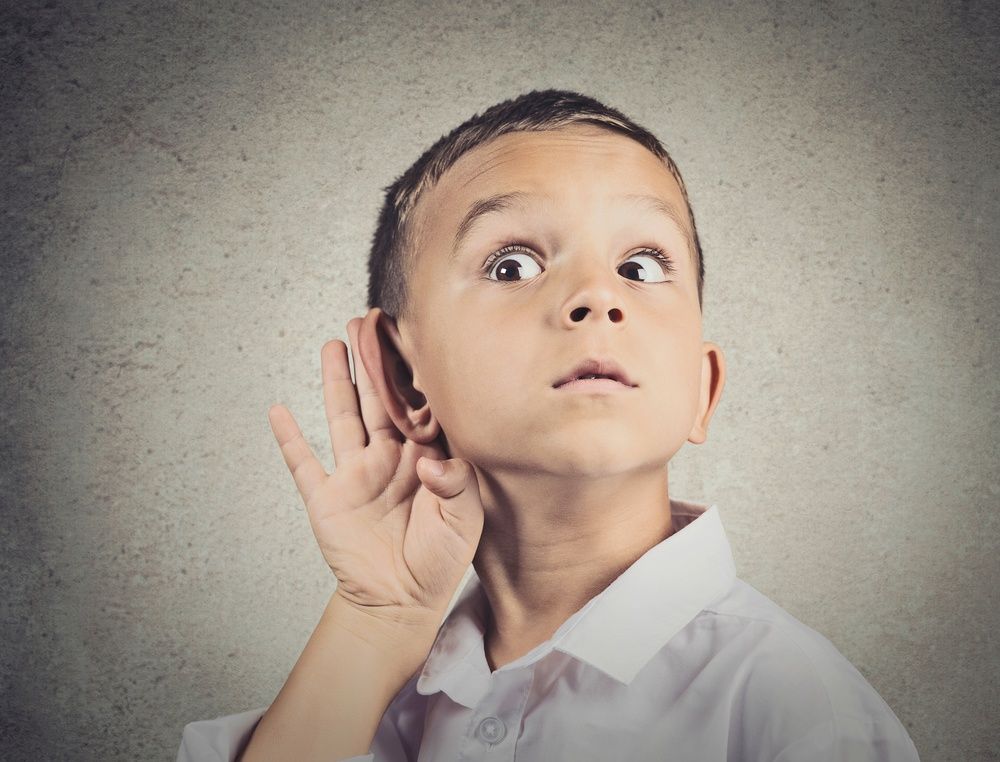 By the age of 7 however, they have usually learnt basic self-regulation skills that will help them process scenarios and behave in an acceptable way.
By the age of 7 however, they have usually learnt basic self-regulation skills that will help them process scenarios and behave in an acceptable way.
The words are tantrum and meltdown are often used interchangeably, even by professionals. The word meltdown is often (but not always) associated with autistic children. It is used when the brain is completely overloaded by their environment or demands, and they lose control of their emotions. It does not always involve anger.
In contrast a temper tantrum involves extreme anger and frustration. It is often associated with wilful behaviour, whereas a meltdown is considered something out of a child’s control. However I would argue that in most temper tantrums the child has fully lost control.
You can read more about meltdowns in our article on how to prevent meltdowns in children.
When Should I be Concerned About my 7 Year Old’s Tantrums?Young children will push and test boundaries. Most are likely to experience a range of emotions which they will need to learn to understand and work with. This is a normal part of child development.
Most are likely to experience a range of emotions which they will need to learn to understand and work with. This is a normal part of child development.
7 year old tantrums or aggressive behaviour may be an indicator that your child is dealing with underlying issues that may impact their mental health.
For example:
- ADHD – attention deficit hyperactivity disorder. This article on attention difficulties will help you figure out whether ADHD could be a factor for your child.
- Autism spectrum disorder (often referred to as ASD).
- Low mood or depression.
- An anxiety disorder. Anger and anxiety are so closely linked. You can read about this in depth in our article: When Your Anxious Child Looks Like An Angry Child.
- ODD – oppositional defiant disorder. Please note that many professionals do not like this diagnostic term. Arguably, it is merely a description of a pattern of challenging behaviour. It does not look at the underlying reasons for the behaviour.

- A learning difficulty such as dyslexia causing increased stress for the brain.
- Past childhood trauma.
If your child is having frequent 7 year old tantrums, behavioural problems or strong emotions that you are worried about, it may be wise to seek professional help.
Your GP can help you to determine whether a referral for an assessment by a mental health professional would be appropriate. This could be a referral to Child and Adolescent Mental Health Services (CAMHS). You can also find a qualified private mental health professional such as a Clinical Psychologist to make an assessment. This article will help you identify what type of professional you need, and how to find them.
Why is my 7 year old so angry all of a sudden?What if your child suddenly starts getting angry?
What could the possible causes be?
There could be a number of reasons, so try to establish any common triggers that might be causes if temper tantrums such as:-
- Getting ready to go to school.
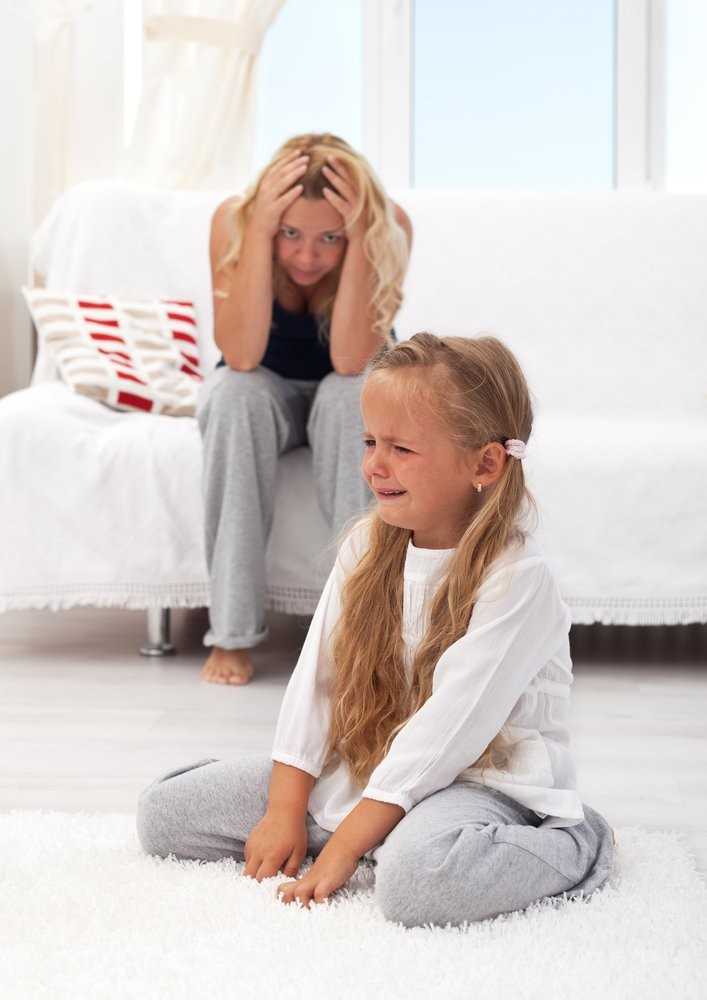
- Sitting down to do homework.
- Being asked to stop what they’re doing.
- Not being given permission to go somewhere they want to.
- Losing a game.
From here, think about what you can do together to take any stress out of these scenarios. Prevention is one of your most powerful tools. For example, work on a morning routine to manage getting ready for school. This might include:-
- Preparation the night before.
- Setting aside appropriate time needed for practical tasks such as brushing teeth, breakfast.
- Having a timeline that ensures you and your child can be ready on time – charts and post-it notes can help with this.
Your child is growing up and their brain is growing at a pace too. At 7, your child’s cognitive and learning will be on a pretty fast trajectory, so too will their emotional development. However, these two areas of development don’t always happen in parallel.
In my counselling therapy clinic I often see children who have good verbal and communication skills, but don’t yet understand their emotions. This can often leave them feeling scared or anxious about how they feel or behave. Conversely, I also see kids who are pretty sophisticated in their understanding of emotions but who don’t yet have the learned vocabulary to describe them.
These incongruences can sometimes lead to frustration, anger, withdrawal or cries for help in the form of meltdowns or tantrums.
7 Easy Ways to Manage Temper Tantrums in Your 7 Year OldThe first step in reducing outbursts is to understand what the common triggers are and think about how you can minimise the likelihood of an outburst.
We have devised 7 ways to manage temper tantrums in your 7 year old. Whilst not an exhaustive list, these are good foundational tips and techniques that you can try out.
| 1) Lifestyle: Reduce stress, support sleep & have a healthy diet When your child is tired, hungry or overwhelmed, their resilience is lowered and it takes more effort and energy for them to manage stressful situations. Help them by prioritising good sleep hygiene routines and make sure to encourage your child to eat a regular and varied diet. There is a strong connection between eating a wide variety of nutrients and your child’s ability to manage emotions. Read more in this article about food and children’s behaviour. Sensitive children can be triggered by requests and instructions so, be sure to avoid overwhelm by making too many demands. Think about making one request or giving one instruction at a time. This will give them time to process and act. Our article called Child Mental Health: The Lifestyle Connection will guide you in exactly what to do, to create a healthy lifestyle for your child. |
| 2) Self-regulation skills Emotional outbursts can be affected by many things such as personality and environment. As they mature, child learn to self-regulate which allows them to manage different emotions. If they are struggling, try putting together a self-soothing ‘toolkit’. o Taking deep breaths to regulate breathing. o Relaxation techniques. o Use mood cards to help understand emotions and what they mean. o Role play. o Create a sensory box full of soothing fabrics, smells, sounds (e.g. a music playlist). For more information on emotion regulation, read our blog post on emotional regulation activities for children. |
| 3) Have a safe place for your child It’s a good idea to have a safe place your child can retreat to if they are feeling overwhelmed, over-stimulated, upset or angry. When I conduct counselling assessments, I always ask children where their ‘safe place’ is. This is somewhere they can go to feel calm, soothed, relaxed and comfortable (their bedroom, a den, a tent in the garden). If your child is having a hard time with negative feelings or high emotions, a comfort corner can help them regulate their emotions and pursue a calm state. |
| 4) Set family rules and clear boundaries Children typically respond well to routine and clear messaging about rules and boundaries. Work out what works best for your family and let your child know what will happen if they break rules and boundaries. Try to ignore minor misbehaviour and praise positive behaviour. Too much negative feedback will impact your connection with your child. Some negative behaviours might be annoying or unwanted but you need to focus your energy on supporting your child to manage the more extreme behaviours such as hurting others or damaging property. If you have older kids, have a discussion with them about what positive behaviours you would like to see them model for their younger siblings, especially if tantrums are a behaviour issue. |
| 5) To discipline or not? If your child is having a difficult time (perhaps at school, or with friendship issues), they may perceive that even negative attention is better than no attention at all. This is your cue to listen and tune in to what’s going on for them but try not to make a big deal of your child’s tantrums. If your child’s behaviour is really challenging or aggressive and presents a safety issue, it’s vital to develop a consistent approach such as the traffic lights technique, explained in this article. Never resort to physical punishment. If you feel you cannot safely manage your child’s behaviour, you must not be ashamed to seek help. You are not alone. Your GP or your child’s teacher may be able to signpost you to services which can help you. |
| 6) What to do when in the midst of a tantrum The next time your child has a tantrum, try to remember the following rules:- o Make sure you don’t end up shouting louder than your child as this will only serve to sustain or escalate their tantrum. Read our 5 Quick Tips For Staying Calm With Your Child. o The first step is to remain calm, softening your tone. o Once your child is having a tantrum, the temptation is strong to go straight into ‘fix’ or ‘rescue’ mode. It’s in our parenting DNA! In the long run, if your 7-year-old child is rescued each time they have a meltdown, they won’t learn how to address, regulate and ameliorate their own behaviour. For example, if they want an ice-cream and get an ice cream through a tantrum, they are not learning to manage key emotions such as disappointment. o The best way to give your child instructions to stop their tantrum behaviour is to keep your language simple. Don’t complicate things. Be prepared for a mixed response, depending on where they are in the tantrum cycle . o Wait. If your child is emotional, allow them to express themselves, don’t suppress the emotion. Emotions need to come out and be felt. Stay close to them so they can feel safe and supported. o Remain firm but nurturing. |
| 7) Nipping a Tantrum in The Bud Over time you can spot triggers and patterns and take swift action to prevent a meltdown. This is particularly effective if you use a diary or journal to monitor the outbursts. Try to identify common red flags that indicate your child may be heading for a meltdown. Then, when you start to see early signs of a tantrum, take immediate action. Early signs will be individual to your child. They might include squirming or restlessness, whining, or physical symptoms such as going red in the face. Here are some tips for de-escalating a potential tantrum:
|
Summary
At 7 years old, your child is in an active developmental phase, so give them and you the space to learn from their experiences. As they understand themselves better, the tantrums typically come to end.
Remember, power struggles with your child or not being able to prevent or stop a tantrum, doesn’t make you a bad parent. It can be tiring and stressful for you. Take a moment to breathe and centre yourself. If it’s safe to do so you can even take a few minutes for yourself by stepping out of the room. Never compare yourself to other parents. Never compare your child to other children. Your family’s circumstances are unique.
If it’s safe to do so you can even take a few minutes for yourself by stepping out of the room. Never compare yourself to other parents. Never compare your child to other children. Your family’s circumstances are unique.
Further Reading
How To Deal With An Argumentative Child {8 Expert Tips}
5 Actions To Avoid When Your Child Has A Meltdown Or Outburst
Managing Difficult Behaviour At Home
Why Does My Child Act Differently At School?
Separation Anxiety at School Drop-Off: The 7 Most Effective Strategies
Hayley Vaughan Smith is a Person Centred Counsellor based at The Ridge Practice and Everlief Child Psychology.
Are you the parent of a 6-16 year-old? Join They Are The Future’s free Facebook group for regular tips on supporting teens and pre-teens with their mental health! Join the group: Parent Tips for Positive Child Mental Health UK.
How to Deal With Temper Tantrums in My 7 Year Old
Are you concerned about your 7-year-old throwing tantrums or having meltdowns?
I get it!
We enter parenthood expecting tantrum behaviors in the toddler years because we’ve been warned about the “terrible twos. ” Knowing this makes it a little easier when your two-year-old has a toddler tantrum after a long day.
” Knowing this makes it a little easier when your two-year-old has a toddler tantrum after a long day.
Even more, our culture expects young children to display negative behaviors at times. However, when older children lose it in the middle of the grocery store, it’s no longer culturally acceptable.
When your child’s behavior becomes out of control in a public place, you likely want to curl up into a ball and hide.
Of course, you can’t do that, but at the moment, you don’t know what to do. You know that if you use some authoritarian approach, it’s gonna end up like all the other power struggles in the past.
So, what in the world are you supposed to do with an older child who’s losing it as part of their daily life?!
Friend, I get it 100%. I’ve been there and am here to help.
Today, we’re talking about the best way to support your 7-year-old (or any older child) who’s throwing tantrums.
Specifically, we’ll discuss how to encourage positive behavior the next time they experience strong emotions.
This post may contain affiliate links. As an Amazon Associate, I may earn a nominal fee from qualifying purchases. Thank you for your support. See my disclosure policy for more info.
Table of Contents
- Why Do Kids Throw Tantrums?
- What’s the Difference Between a Tantrum and a Meltdown?
- Why Is My 7-Year-Old Throwing Tantrums?
- The Power of Our Response
- Behaviorism Can Hurt Your Child
- Causes of Temper Tantrums
- 9 Ways to End Tantrums & Improve Self-Regulation
- 1. Prioritize Emotional Regulation
- 2. Create an Emotionally Intelligent Family Culture
- 3. Felt Safety
- 4. Co-Regulation
- 5. Collaboration
- 6. Be Curious & Reflect
- 7. Professional Support
- You’re the Boss
- Get Support for You
- Recap: My 7-year-old is Throwing Tantrums
Why Do Kids Throw Tantrums?
According to The American Academy of Pediatrics, throwing tantrums is a normal part of child development. In fact, they say that between the ages of 1-3 years old, you should expect toddler temper tantrums.
In fact, they say that between the ages of 1-3 years old, you should expect toddler temper tantrums.
Young children do not have the language skills to articulate negative feelings in a healthy and effective way. Rather, before preschool age, kids often express those strong feelings in the form of frequent tantrums.
Now, fortunately for some, the good news is that many children outgrow temper tantrums by 4 years of age.
Unfortunately, as you and I both know, that’s not always the case.
What’s the Difference Between a Tantrum and a Meltdown?
First things first.
What exactly do we mean by tantrum?
Are all behavioral problems considered tantrums?
And, what’s the difference between a tantrum and a meltdown? Is one better than the other?
Ok. Let’s clarify a bit here.
Control or Out of Control
According to Child Mind Institute, neither term (tantrum nor meltdown) is an official clinical term. However, they make the distinction between the two as follows.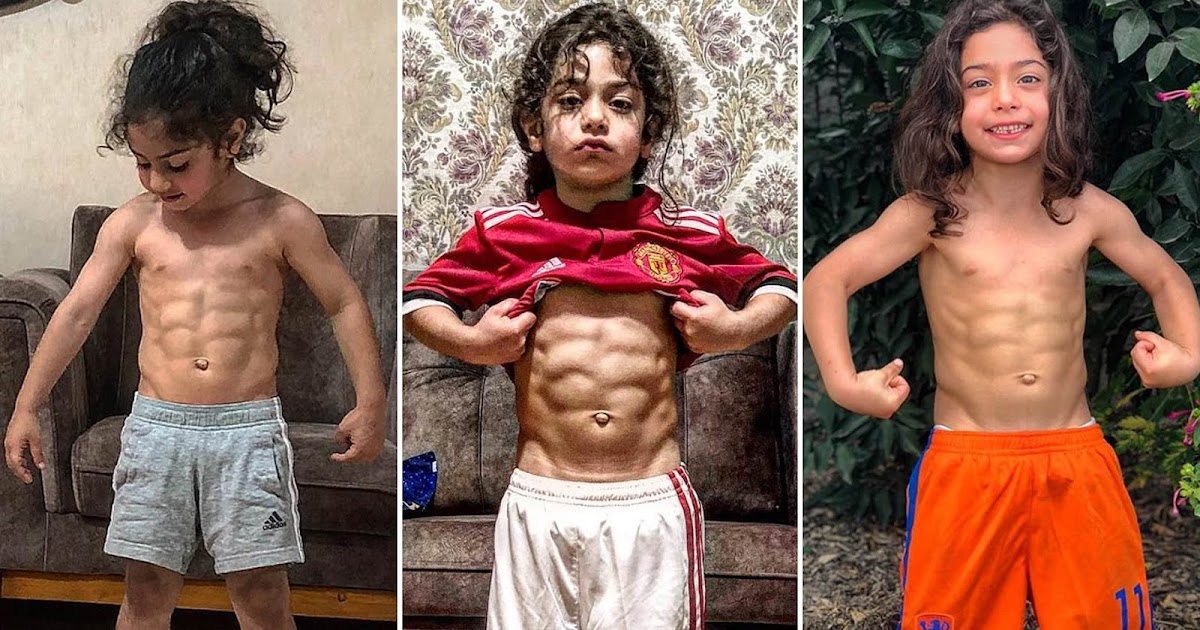
- Tantrum:
- Milder outbursts, in which the child maintains some control over their behavior.
- Meltdown:
- A child loses control to the point that the behavior subsides after the child completely wears themselves out. Understood.org includes the role of sensory overwhelm in meltdowns. Further, they emphasize removing sensory input as an effective strategy to diffuse meltdowns.
Specifically, Understood.org, levels the playing field between children and adults by acknowledging that both children and adults have tantrums and meltdowns.
In the end, it’s important to clarify language when it comes to children’s behavior. By doing so, we’re better able to equip our children with effective tools that will lead to better days.
Related:
47 Emotional Regulation Activities for Kids Every Mom Needs!
Why Is My 7-Year-Old Throwing Tantrums?
Let’s face it.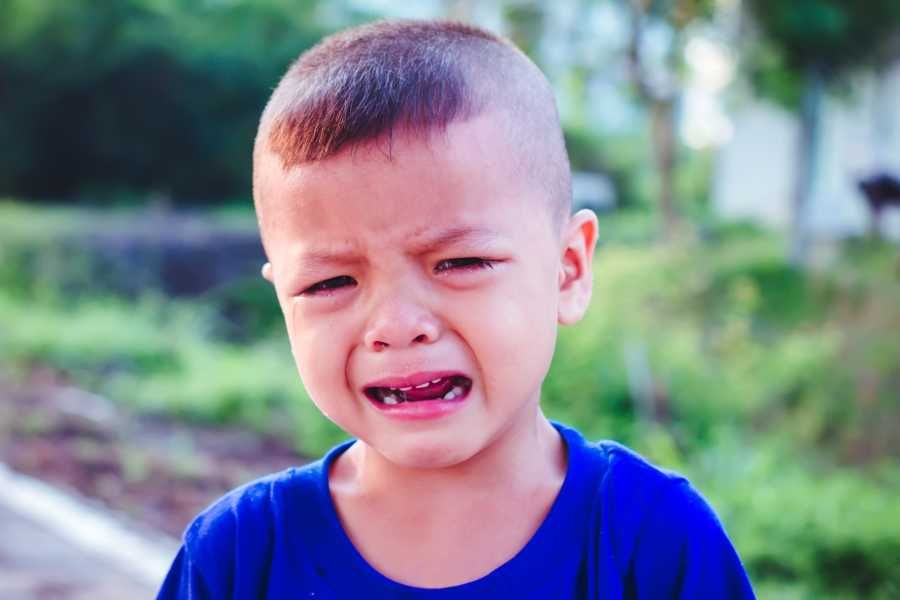
We want our children to develop good behavior habits. However, when your daily routine includes dodging an older child’s poor or aggressive behavior, you’ve got to do something.
But what?
Sadly, most of us have been conditioned to believe that all behavior is willful disobedience.
However, it’s a good idea to examine that mindset because nothing could be further from the truth.
There are a number of reasons why older kids have emotional outbursts.
And that means with a little digging, we can help them get to the root issues behind hard behaviors. And then, we can help them.
The Power of Our Response
Dr. Becky Kennedy, a clinical psychologist and mom of three, says this in her book, Good Inside,
“We all mess up… at every age we have difficult moments when we behave in ways that are less than ideal. But, our early years are especially powerful… Our bodies are beginning to wire how we think about and respond to difficult moments based on how our parents think about and respond to us in our difficult moments.
”
What does this tell us as parents?
How we respond to our children’s behavioral issues become part of their internal dialogue in the long run.
Quick Tip: The Power of our Parenting Language
The messages our kids receive are the ones they take with them into adulthood.
According to Dr. William Dodson, ADHD children receive 20,000 more negative messages by the age of 10 years old compared to neurotypical peers.
Behaviorism Can Hurt Your Child
The late Dr. Karyn Purvis wrote in her book, The Connected Child,
Most of our parents relied on fear-based discipline. As children, we feared punishment… Raised on fear, we now rely on fear with our own children.
This fear-based approach to raising and educating children is rooted in behavioralism theory of Pavlov, Watson, and Skinner.
Behavioralism is based on a system of controlling a child’s behaviors by means of rewards, punishments, consequences, and the like.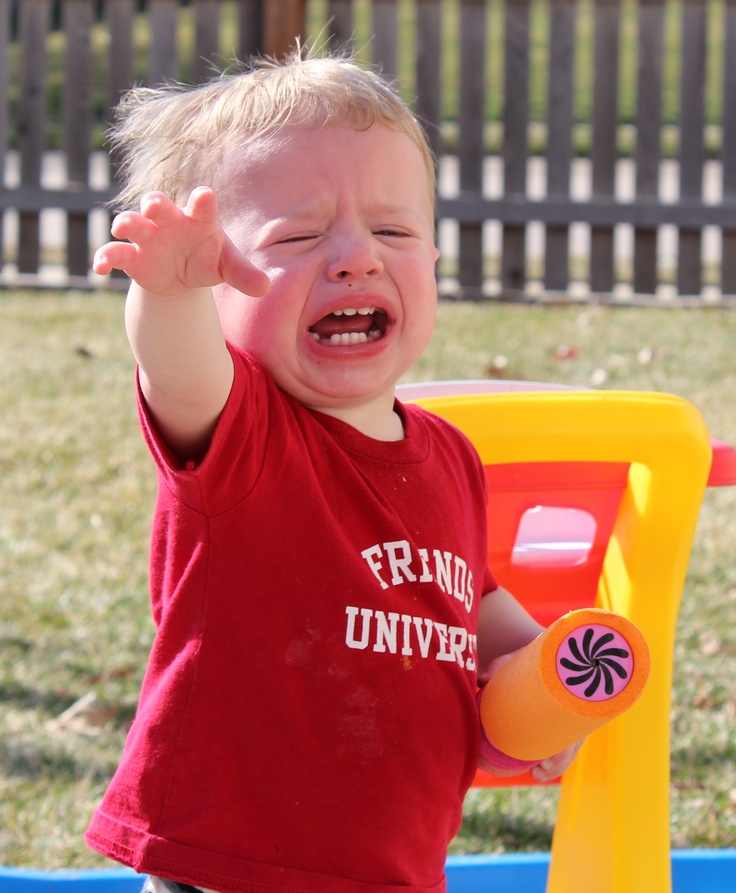
According to Very Well Mind, the behaviorism approach,
gives no consideration to internal thoughts or feelings.
Not surprisingly, when outward compliance is prioritized over internal experiences of the child, we set them up for a lifetime of mental health challenges.
Let’s look at the stats.
Learn More in Behind the Behavior Book!
Mental Health in the US
According to the NIH, close to 20% of US adults have a mental health diagnosis. Note that these are only the people who sought out support.
Just imagine the sheer number of people who are walking around undiagnosed! Think about the rates of the following.
- divorce,
- alcoholism,
- drug addiction,
- anxiety,
- depression,
- OCD,
- etc…
The point is the traditional approach of behavior modification has not led to a mentally or emotionally healthy population.
According to the same NIH data, 49.![]() 5% of US adolescents have a diagnosable mental disorder!
5% of US adolescents have a diagnosable mental disorder!
As dismal as these statistics are, I want to encourage you. If your 7-year-old is throwing tantrums, there’s much you can do to change the narrative for your child.
Quick Parenting Tip: Behavioralism Has to Go
In this quick video, hear my heart on why we need to change our parenting approach.
Causes of Temper Tantrums
Children develop in different ways and at different times which means it’s important to understand the why behind your child’s tantrums.
Older kids react with explosive behaviors for some of the same reasons that preschoolers do. Some reasons older children have challenging behavior include the following.
- Lack of language skills
- Sensory processing issues
- ADHD (attention deficit hyperactivity disorder)
- Anxiety
- Trauma (adoption, foster care, school-related trauma)
- Autism
- FASD
- Lack of proper sleep and nutrition
- Inappropriate expectations of behavior by adults
While the above causes could be behind your child’s tantrums, it’s important to know that you have a lot of power.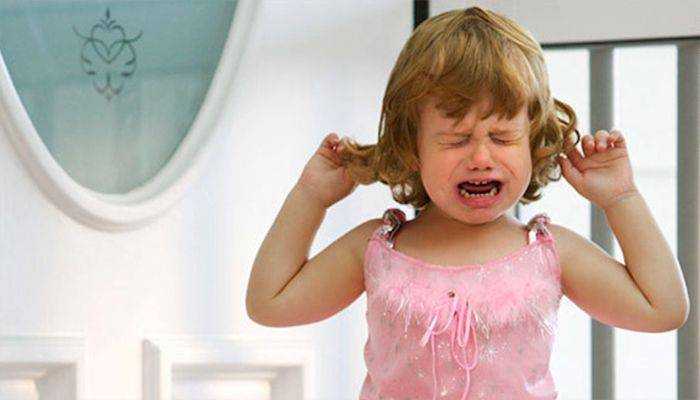 Specifically, you can support your child’s behavior in the long term in the following ways.
Specifically, you can support your child’s behavior in the long term in the following ways.
9 Ways to End Tantrums & Improve Self-Regulation
Self-regulation refers to the ability to monitor our internal state in order to control our reactions. In other words, strong self-regulation skills allow us to override big emotions in order to make an appropriate response.
Today, we’ll explore seven self-regulation skills to help put an end to your child’s tantrums. This is in no way a quick fix, but, it’s a recipe for long-term success.
- Emotional Regulation,
- Create an Emotionally Intelligent Family Culture,
- Safety,
- Co-Regulation,
- Collaboration,
- Be Curious,
- Seek professional help
- You’re the Boss
- Seek Support for You
The best strategy to help your child with hard behaviors is to give them tools. Specifically, provide your child with tools to help them make a different choice next time.
Specifically, provide your child with tools to help them make a different choice next time.
Here are 9 simple self-regulation skills and tools for your child.
Within the norms of our culture, self-regulation may include the caveat that responses be in line with socially acceptable ways of behavior.
However, these social norms are not always appropriate for the individual child.
For example, within some classrooms, kids are often told to use their inside voice. This is code for quiet.
However, all kids are different and we need to caution against labeling behaviors as good and bad. Sadly, many neurodivergent children are shamed by use of behavioral charts based on such arbitrary norms.
I’m a louder person and when I lead children, a loud voice is framed as a passionate and excited one.
1. Prioritize Emotional RegulationThe first step for both you and your child is to prioritize emotional regulation.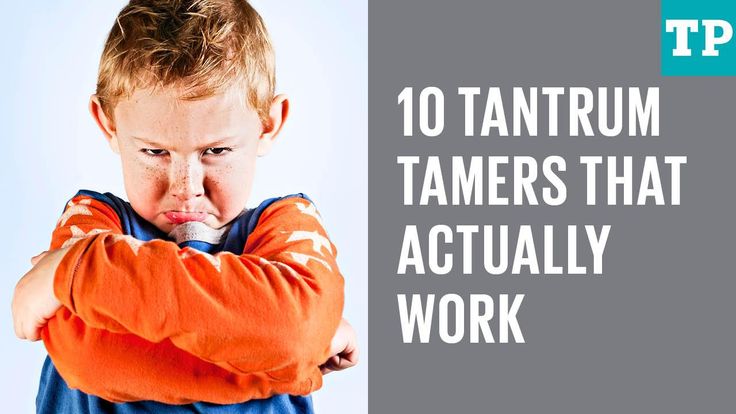 This means that you need to intentionally teach your child to tune into their internal world.
This means that you need to intentionally teach your child to tune into their internal world.
Specifically, to tune into their:
- thoughts,
- feelings,
- physical bodily sensations associated with the two
As we’ve discussed previously, kids need language in order to express their internal worlds. Way too many adults have never learned this skill and are suffering from it.
In my book, parenting devotional series, and online course, I refer to this as Emotional Vocabulary.
Here’s the deal.
When we were younger and had a meltdown or tantrum, we were told to:
Use your words.
The problem is that we were NEVER given the emotional vocabulary to “use our words.”
It’s essential to give your child the self-regulation tool of language.
Let me give you a good example of this.
I’m Frustrated
I’ll never forget the first time my 4-year-old son came to me with these exact words.
“I feel frustrated!”
From the age of 18 months, angry outbursts and destructive behavior were the norm. He hit, kicked, bit, scratched, and screamed.
Intense feelings crept up when he was denied anything. And those feelings were too powerful for him or me to control.
However, that day, was the first time he did the right thing. After introducing emotional vocabulary into our family culture, my boy finally “used his words.”
And that was a HUGE win!
Now, I’d like to tell you that one self-regulation tool was all he needed. That after that day, he graduated with a Ph.D. in Anger Management, and family life was peaceful from then on.
But, that’s not how it works. To serve my son and family well, I had to radically shift my perspective on the brain and behavior.
And that meant I had to have the long game in mind for my boy.
Positive Childhood Experiences & Adult Health
One way to shift your mindset around your child’s tantrums is to think about your long-term goal for that child.
Our kids will spend 75-80% of their lives as adults.
Research shows that Positive Childhood Experiences (PCE) greatly impact adult mental and relational health. PCEs buffer against childhood hardships (ACES).
Such PCEs include:
- Nurturing family members
- Family cohesion & belonging
- Agency, mastery
- Collaborative problem solving
- Co-regulation, balancing family needs
- Self-efficacy (Belief in one’s ability to execute a task and succeed)
- Positive family outlook
- Routines & rituals
- Belief that life has meaning
These are the types of goals I keep in mind when navigating difficult behaviors in my children.
Ultimately, this leads me to view my interactions through the lens of “Relationship first. “
“
Another key way for you to help your child develop their self-regulation skills is this. Create an emotionally intelligent family culture.
How do you create an emotionally intelligent family culture? Glad you asked.
Here are three simple ways to start this process.
- Read Social-Emotional Books
- Use Visual Emotional Support Tools
- Model Your Mental Processes Aloud
Social-Emotional books are books that teach children about their feelings, thoughts, and social interactions. They’re a great tool to help your child develop their emotional intelligence.
Check out this list of feelings books and choose one to start the conversation about feelings.
For example, the first feelings book I read to my son was Michael Gordon’s book, When I Am Angry.
- The bright and engaging illustrations captured his attention.
- He could relate to the main character, a boy named Josh.
- Like my son, Josh was a highly sensitive child who felt things deeply.
- He often had a tough time controlling his powerful emotions and struggled with tantrums.
Reading this social-emotional book was a safe way to enter the conversation with my son.
2. Use a
Visual Emotional Support ToolAnother tool you can add to your home, is a visual emotional support tool. For example, I Know What to Do When I’m Feeling is a flip-chart type book that helps kids identify their feelings.
Further, it helps kids think through what to do when they’re experiencing different feelings.
Another idea is a simple Zones of Regulation chart.
This leads us to the third strategy to create an emotionally intelligent family culture.
RELATED:
11 Best Feelings Picture Books for Kids (That Every Family Needs)
29 Best Sensory Toys for Autism, ADHD & Anxiety (2022)
3.
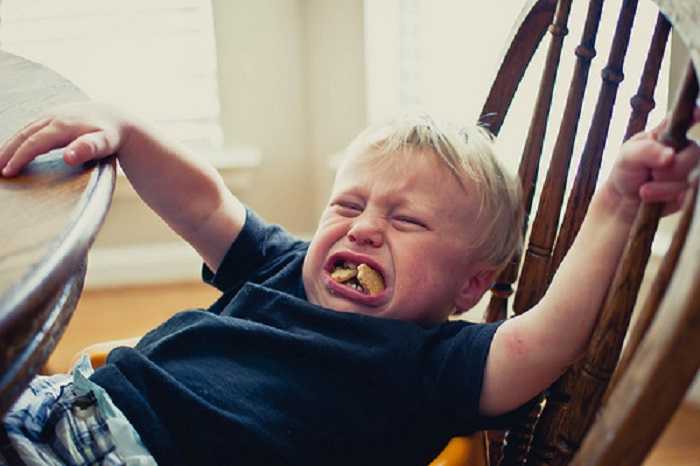 Model Your Own Feelings and Mental Processes
Model Your Own Feelings and Mental ProcessesOne thing you can do to create an emotionally intelligent family culture is model your internal world.
For me, this meant that I intentionally model my own internal experiences.
For example, while in the kitchen making dinner, I may say something like this.
Earlier today, I got my feelings hurt by a friend. Then I felt this heavy feeling in my chest and I wanted to cry. So I called Daddy for a few minutes and he let me cry.
Wow! That made me feel so much better.
By using these three strategies, you’ll begin to create an emotionally-intelligent culture in your home.
This can help your child feel safe to verbalize and address the feelings and thoughts that often lead to tantrums.
Further, as your child develops emotional awareness and language skills, you’re more likely to identify tantrum triggers. Awareness of habits and patterns is the first step to changing them.
Ultimately, the combined effect of these three strategies can help your child overcome tantrums.
3. Felt SafetyFelt safety is a concept developed by Dr. Karyn Purvis, and it’s foundational to any relationship, but especially to the parent-child relationship.
Felt safety is when you arrange the environment and adjust your behavior so that your children can feel in a profound… way that they are truely… safe with you.
Dr. Karyn Purvis, p. 48, The Connected Child
Your relationship with your child is your number one parenting tool. Because of this, it’s critical to be your child’s safe place.
A child’s primary need is to feel safe with their caregiver. Your child must believe that they’re deeply and unconditionally loved by you.
Specifically, your child must be confident that your love is not based on their behavior.
Video Tutorial of the 3 Part Brain
A basic understanding of the 3 part-brain can help you better understand the need for felt safety.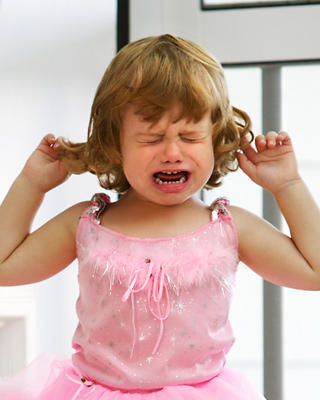
The nuerosequential model of development championed by Dr. Bruce Perry and Dr. Dan Siegel, is an excellent framework for anyone caring for children.
Felt Safety in the Middle of a Tantrum
What does this all mean in the moment of the tantrum?
When your child is in the middle of a tantrum or meltdown, lower your body to your child’s level.
This lessens the fight-flight-freeze response in the amygdala. The amygdala is located in the area of the brain controlling your child’s volatile reaction at that moment.
Your goal is to help that part of your child’s brain calm down. Further, lowering yourself to your child’s level creates a space for connection and safety with your child.
This is part of the larger process of co-regulation.
Important Note About Eye Contact:
Do not force eye contact with a dysregulated child.
This will only lead to greater stimulation and increase the stress response.
When your older child is dysregulated or having an emotional outburst, it’s essential to co-regulate.
Co-regulation is the process where parents help children learn to self-regulate by connecting with and attuning to them in hard moments.
This stands in opposition to behavioralism based parenting strategies that send a child to their room until they can “learn to behave.”
There’s no healthy self-regulation without first experiencing co-regulation with a compassionate, attuned, caregiver. Be that for your child.
Let’s look at an example of how to offer co-regulation whan a 7 year old is throwing a tantrum.
7 Year Old Throwing a Tantrum
Seven-year-old Billy just walks into the house from playing outside with the neighborhood kids. His face looks distraught as he runs straight to his room and slams the door.
You’re about to go check in on him when your youngest distracts you with their needs.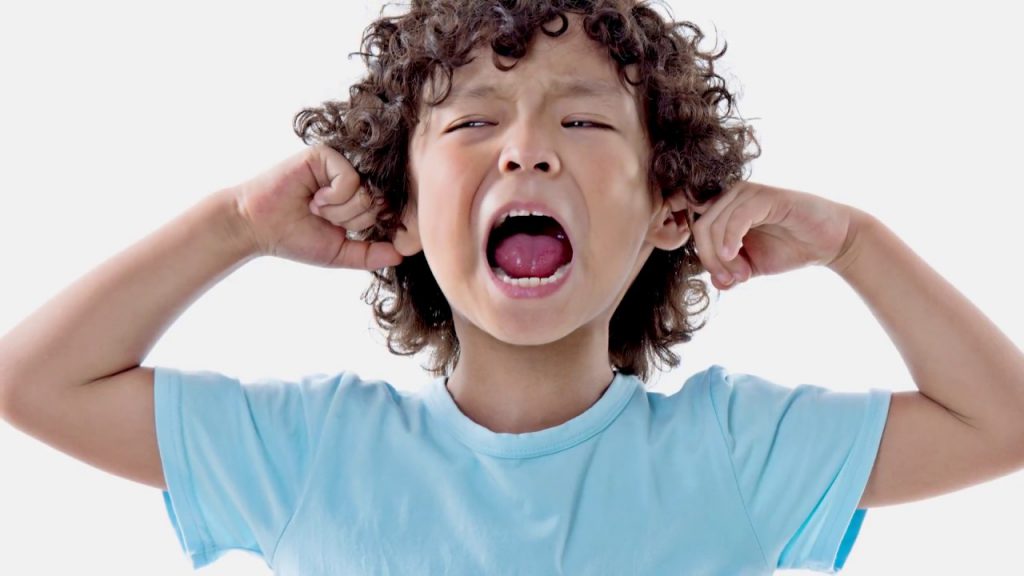
About ten minutes later, you hear banging and yelling coming from Billy’s room.
1. You take a deep breath to activate the calming part of your nervous system and then approach his room.
2. Slowly, you open the door and observe.
Billy’s screaming while he throws toys, books, etc across the room. He’s completely dysregulated and out of control.
(To the outside world, it looks like he’s in the middle of a tantrum, but you know better.)
3. You calmly enter the room and say,
Hey, Bud. Woah. You seem really angry right now.”
He chucks another book to the floor.
“I hate them so much!”
The lightbulb goes off in your head. You gently engage with curiousity.
Buddy, deep breaths. What’s going on?
In that moment, he realizes you’re safe and spills the beans about how the boys up the street ganged up on him.
4. You kneel to his level and attune to his possible thoughts and feelings.
That must have felt isolating to you. I can imagine I’d feel rejected and alone if my friends did that to me. That doesn’t feel good.
5. Once he’s calm, then you address the mess.
Well, that was tough. But now, look at this mess. Your poor toys didn’t do anything wrong. Let’s work together to clean this mess up.
Once you two work as a team to clean up, you can say something like,
Ok. We did it. Now, let’s try to come up with some ideas of what to do next time you get your feelings hurt.
Remember, this is just one step in the long journey to your child learning appropriate self-regulation.
Layer Upon Layer
Each experience is meant to lead to another.
When that next hard moment comes, he’ll have a new tool in his emotional regulation tool belt.
Specifically, he’ll have the memory of mom’s support the last time he was hurting inside. That will guide his internal experience in a positive direction.
But, what comes next?
Download Your FREE Cheat Sheet!
5. CollaborationWhen the time is right, collaborate with your child. Discuss emotional regulation activities that may help your child find calm before the next explosion.
Make it a fun experience.
Print out the list of 47 emotional regulation activities and go through them with your older child. Using this list, brainstorm activities that your child can use to navigate hard times.
Does your child like to ride bikes? Play with kinetic sand?
A family therapist friend of mine suggests the following criteria to help kids come up with healthy coping strategies.
When examining whether a coping strategy is healthy, does it meet the following criteria? Is it…
- Good for you?
- Good for others?
- Easy to do?
- Can it Make you feel better?
These questions are often associated with an emotional regulation activity called, “Making Cope Cakes. ”
”
However, they can be helpful questions to ask as your child builds up an emotional regulation toolbox.
The collaboration can strengthen your relationship and increase your child’s sense of agency. Both of these are healthy Positive Childhood Experiences.
Related:
47 Emotional Regulation Activities for Kids Every Mom Needs!
6. Be Curious & Reflect
The last time your older child had a meltdown or tantrum, did you catch yourself beating yourself up?
Have you ever said something like this to yourself?
I’m the worst mother. Why can’t I control my kid? I suck.
This is a trap and a surefire way to mentally spin out of control.
Rather than beating yourself up about your child’s tantrums, be curious about them. Ask yourself the following questions.
- What was the need behind that behavior?
- If I behaved that way when I was young, what would I be thinking about myself?
- What happened before this emotional outburst?
- Did my child get enough sleep last night?
- What happened at school today? In church this morning?
By being curious, you’re better able to support your child. Dive deeper into this process in Barely Surviving to Outright Thriving.
Dive deeper into this process in Barely Surviving to Outright Thriving.
Curiosity is a Job
Often parents and teachers will say something like,
He threw a fit in the middle of the grocery store for no apparent reason.
The problem is that there’s always a reason behind the behavior.
Additionally, if we spend time assessing our kids’ hard behaviors in the short term, we get closer to the real issue.
And over time, that can lead to fewer tantrums.
Further, curiosity gives us a job to do. More specifically, it gives us a place to focus our emotional energy in response to our child’s bad day.
7. Professional Support
I truly believe that mental health support is a worthwhile investment for everyone in the family. If your child’s tantrums, meltdowns, and hard behaviors become a safety issue, seek help.
Professional help can specifically help your child. For example, your child may be experiencing anxiety or sensory issues that are at the root of their outbursts.
The following types of professionals can help you and your child get to the bottom of underlying issues.
Occupational Therapist
A private occupational therapist has a solid understanding of the brain and behavior.
Additionally, they can help you find root sensory issues that may be contributing to challenging behavior.
Speech Language Pathologist
A private speech-language pathologist can help you get to root language processing issues.
Untreated language issues can lead to frustration and behaviors that can appear as disobedience.
Trauma-Informed Play Therapist
A trauma-informed play therapist is a great resource to help you and your child work through underlying emotional issues.
Further, a trauma-informed label indicates that the therapist is aware of the brain’s need for safety.
Additionally, play therapy can be much more effective for children and adults because it doesn’t rely on talking. Kids can work through hard things through play in a very effective way.
Kids can work through hard things through play in a very effective way.
EMDR Therapy
Many therapists will be certified in EMDR therapy. EMDR therapy is one of the most effective trauma-informed therapy practices out there.
Child Psychologist
A private child psychologist can evaluate and diagnose mental health conditions such as:
- ADHD
- Autism
- Oppositional Defiant Disorder (These behaviors are most often associated with an underlying root issue.)
Look for a child psychologist with a PhD or Psy.D designation.
Child Psychiatrist or Developmental Pediatrician:A child psychiatrist or developmental pediatrician can prescribe needed medication as part of a holistic approach to underlying conditions.
Seek out recommendations from a trusted group of moms in your local community.
You’re the Boss
Furthermore, in the end, your goal is to create a strengths-based team to support your family.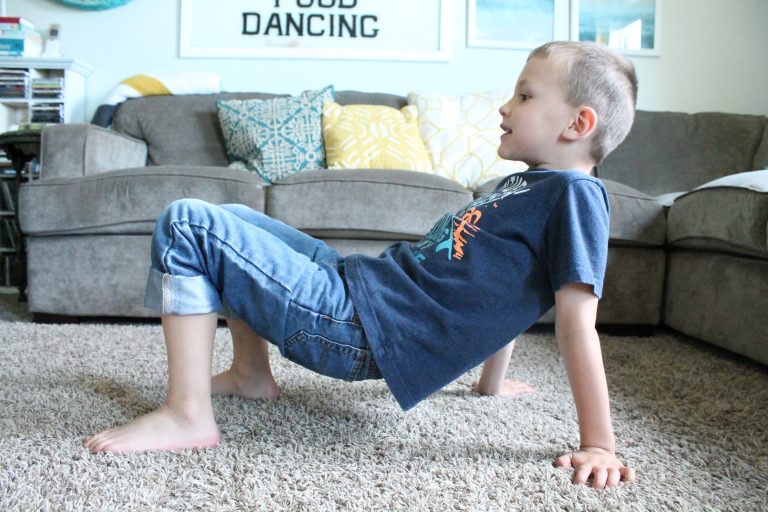
Most importantly, consider yourself the boss of this team since you’re the ultimate expert of your child.
Don’t let anyone make you feel incapable of supporting your child.
Related:
Anger Management for Autistic Children (Not ABA)
Get Support for You
Lastly, get help for yourself.
Working with a solid trauma-informed therapist is one of the best investments you can give your entire family.
When you’re healthy and cared for, you can better support those you love.
Recap: My 7-year-old is Throwing Tantrums
The best time to equip your child to better handle big emotions that lead to tantrums is every day. Likewise, implementing these strategies will make that happen naturally.
- Prioritze Emotional Regulation
- Emotionally Intelligent Family Culture
- Safety
- Co-Regulation
- Collaboration
- Curiosity
- Professional Support
Expect them to mess up a lot. And when that happens, offer patience, love, and plenty of time to practice their emotional regulation skills.
And when that happens, offer patience, love, and plenty of time to practice their emotional regulation skills.
In the end, if your 7 year old is throwing tantrums, take a deep breath and pause. After that, think about what’s behind the behavior.
Then offer compassion and support.
You’re doing a great job, Friend! So, what do you think?
Do these ideas resonate for your child? In this with you!
Download the Behind the Behavior Cheat Sheet!
Learn More in Behind the Behavior Book!
This post may contain affiliate links. As an Amazon Associate, I may earn a nominal fee from qualifying purchases. Thank you for your support. See my disclosure policy for more info.
Crisis of 7 years - Psychologos
February 01, 2015, 11:20 am
“I don't recognize my child,” says the mother of a six-year-old. - It seems that just yesterday he was a cute obedient kid, and now he breaks toys, saying that things are his, which means that he has the right to do with them what he wants.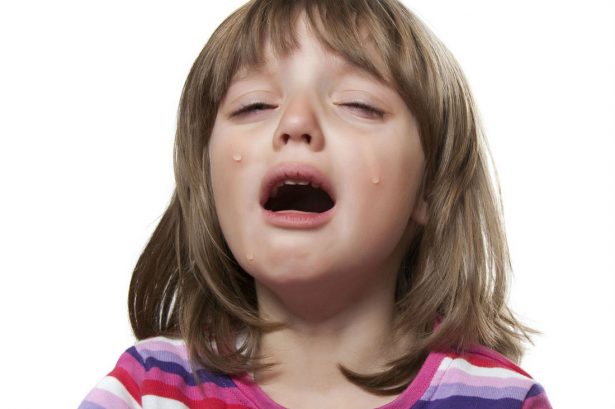 The son is constantly grimacing, mimicking the elders - where did he even get this from ?! And recently, he took out his beloved bear, with whom he had slept since infancy, to the trash heap. And in general, I don’t understand him: on the one hand, he now denies any rules, on the other hand, he clings to my husband and me with all his might - he literally pursues us, not for a second letting us be alone ... "- (in the article used materials by Irina Bazan, site psi-pulse.ru, and Svetlana Feoktistova). nine0003
The son is constantly grimacing, mimicking the elders - where did he even get this from ?! And recently, he took out his beloved bear, with whom he had slept since infancy, to the trash heap. And in general, I don’t understand him: on the one hand, he now denies any rules, on the other hand, he clings to my husband and me with all his might - he literally pursues us, not for a second letting us be alone ... "- (in the article used materials by Irina Bazan, site psi-pulse.ru, and Svetlana Feoktistova). nine0003
6-7 years old is not an easy age. At this time, the difficulties of upbringing suddenly arise again, the child begins to withdraw and becomes uncontrollable. It is as if he suddenly loses his childish naivety and spontaneity, begins to act like manners, clownish, grimace, some kind of clowning appears, the child pretends to be a jester. The child consciously takes on some role, takes some pre-prepared internal position, often not always adequate to the situation, and behaves in accordance with this internal role. Hence the unnatural behavior, the inconsistency of emotions and causeless mood swings. nine0007
Hence the unnatural behavior, the inconsistency of emotions and causeless mood swings. nine0007
Where does all this come from? According to L.I. Bozhovich, the crisis of 7 years is the period of the birth of the social "I" of the child. What it is?
First, if a preschooler was aware of himself primarily as a physically separate individual, then by the age of seven he is aware of his psychological autonomy, the presence of an inner world of feelings and experiences. The child masters the language of feelings, begins to consciously use the wording "I'm angry", "I'm kind", "I'm sad."
Secondly, the child goes to school, explores a completely new world, and new interests come to replace his old interests. The main activity of a preschool child was the game, and now his main activity is studying. This is a very important internal change in the child's personality. A small schoolboy plays with enthusiasm and will play for a long time, but the game ceases to be the main content of his life. The most important thing for a student is his studies, his successes and his grades. nine0003
The most important thing for a student is his studies, his successes and his grades. nine0003
However, 7 years is not only personal-psychological changes. This is also a change of teeth and physical "stretching". Facial features change, the child grows rapidly, his endurance, muscle strength increase, coordination of movements improves. All this not only gives the child new opportunities, but also sets new tasks for him, and not all children cope with them equally easily.
The main reason for the crisis is that the child has exhausted the developmental possibilities of games. Now he needs more - not to imagine, but to understand how and what works. He is drawn to knowledge, strives to become an adult - after all, adults, in his opinion, have the power of omniscience. Hence the childish jealousy: what if the parents, left alone, share with each other the most valuable, secret information? Hence the denial: was it really he, almost already an adult and independent, who was once small, inept, helpless? Did he really believe in Santa Claus? Hence the vandalism towards once beloved toys: what will happen if a new supercar is assembled from three cars? Will the doll become more beautiful if you cut it? nine0003
It is not certain that the adaptation to a new life of a child ready for school will go smoothly for him.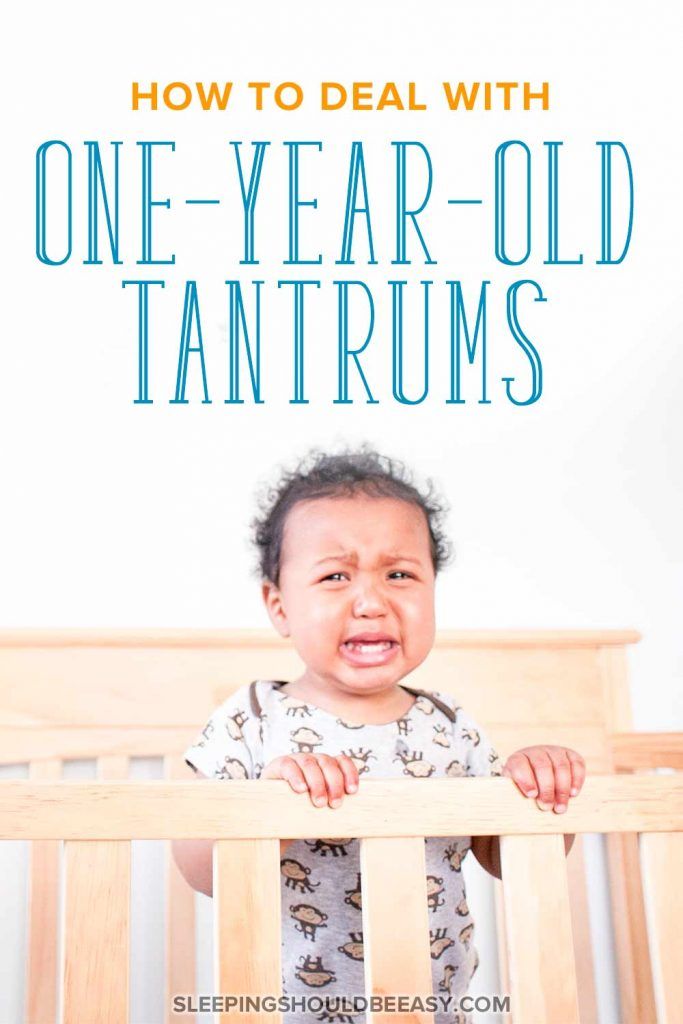 At 6-7 years old, a child learns self-control, so that, like we adults, we can dose, restrain or express our thoughts and emotions in an acceptable form. When a baby in a full carriage shouts loudly “I want to pee!” or "what a funny uncle!" - this is cute. But adults will not understand. So the child is trying to understand: what is the right thing to do, where is the line between “possible” and “impossible”? But, as in any study, it does not work right away. Hence the kind of mannerism, theatricality of behavior. Hence the jumps: suddenly you have a serious person in front of you, reasoning and acting sensibly, then again a “kid”, impulsive and impatient. nine0003
At 6-7 years old, a child learns self-control, so that, like we adults, we can dose, restrain or express our thoughts and emotions in an acceptable form. When a baby in a full carriage shouts loudly “I want to pee!” or "what a funny uncle!" - this is cute. But adults will not understand. So the child is trying to understand: what is the right thing to do, where is the line between “possible” and “impossible”? But, as in any study, it does not work right away. Hence the kind of mannerism, theatricality of behavior. Hence the jumps: suddenly you have a serious person in front of you, reasoning and acting sensibly, then again a “kid”, impulsive and impatient. nine0003
Mom writes: “Somehow my son couldn’t get a rhyme. Usually he memorizes them quickly, but then he got stuck on one line and not any. Moreover, he categorically refused my help. once, reaching the ill-fated place, he stammered, tried to remember, started from the beginning. Seeing his suffering, I could not stand it and prompted. Then my child threw a tantrum, began to shout: "That's why you did it? I would have remembered myself? Everything because of you. I won't learn this stupid verse." I understood that in such a situation it was impossible to put pressure. I tried to calm down, but only made it worse. Then I resorted to my favorite trick. I said: "Well, don't. Then Olya and I will teach. Yes, daughter?". One-year-old Olya said: "Uh," which, apparently, meant her consent. I began to read Olya's verse. Usually the child immediately joined the game, trying to remember Olya faster and tell a rhyme. But then the child said gloomily: "You don't have to try. You won't be able to involve me. " And then I realized - p The baby has really grown up." nine0003
Then my child threw a tantrum, began to shout: "That's why you did it? I would have remembered myself? Everything because of you. I won't learn this stupid verse." I understood that in such a situation it was impossible to put pressure. I tried to calm down, but only made it worse. Then I resorted to my favorite trick. I said: "Well, don't. Then Olya and I will teach. Yes, daughter?". One-year-old Olya said: "Uh," which, apparently, meant her consent. I began to read Olya's verse. Usually the child immediately joined the game, trying to remember Olya faster and tell a rhyme. But then the child said gloomily: "You don't have to try. You won't be able to involve me. " And then I realized - p The baby has really grown up." nine0003
Sometimes parents get the impression that their 6-7-year-old child has reached adolescence ahead of time. He seems to be trying to destroy what was dear to him before. The desire to fiercely defend one's territory and rights, as well as negativism, when everything that pleased a son or daughter until quite recently suddenly causes a contemptuous grimace - what are not the characteristic features of a teenager?
- Sergey, go brush your teeth.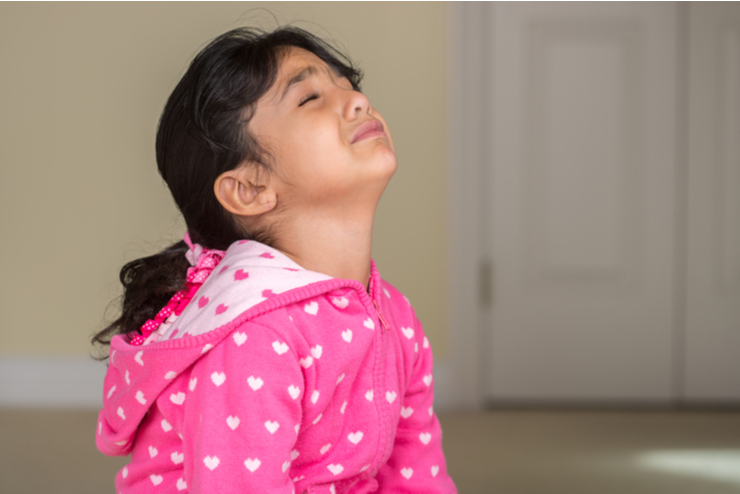
- Why?
- Well, so that there is no caries.
- So, I haven't eaten sweets since morning. And in general, these teeth are still milk and will soon fall out. nine0032
The child now has his own reasoned opinion, and he begins to defend his opinion. This is HIS opinion, and he demands respect! Now the child cannot simply be told “Do as it is said!”, Argumentation is required, and he will object with the same argumentation!
- Mom, can I play on the computer?
- No. You just watched cartoons. Do you understand that computer and TV are bad for your eyes? Do you want to wear glasses?
- Yes, which means you can sit all day. Nothing to your eyes?! nine0007 - Nothing to me. I'm an adult, back off!
It's wrong to talk like that. At the age of seven, a child is already able to catch his parents on the discrepancy between what is said and what is being done. He has really matured!
What to do? Rejoice that the child is growing and has already matured.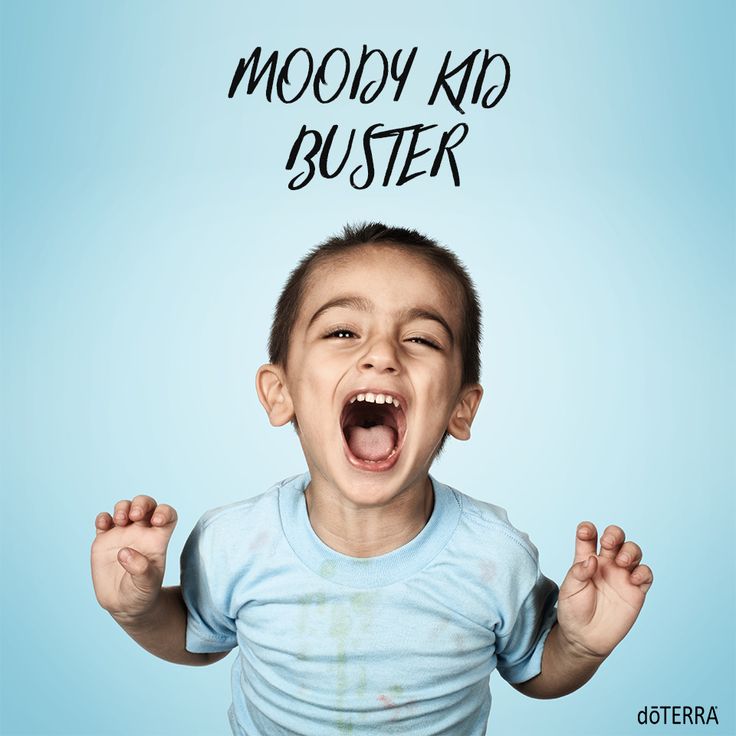 And prepare your child for school. Do not deal with the crisis, this is a muddy task, but simply prepare the child for school. This task is clear to you and the child, and its solution will be the solution to all other behavioral issues. nine0003
And prepare your child for school. Do not deal with the crisis, this is a muddy task, but simply prepare the child for school. This task is clear to you and the child, and its solution will be the solution to all other behavioral issues. nine0003
If you're concerned about tantrums, "You don't love me" accusations, disobedience, and other specific concerns, check out the RELATED ARTICLES section for answers to your questions.
- Age crises in children
- Author N.I. kozlov water, below the grass. nine0003
Wi, March 24, 2015 1:09 PM
Thank you, that's right! 6 years soon, it has already carried us from courage to tears: I want to go to my mother!)))
an, April 13, 2015, 20:43
And if you don’t have the strength to constantly swear, let everything take its course? And let him watch cartoons for a million years and let him not do lessons? And I will sit and be glad that it is growing.
1
reply
Idiots, June 29, 2015, 8:40 pm
An, well, who taught you to think .
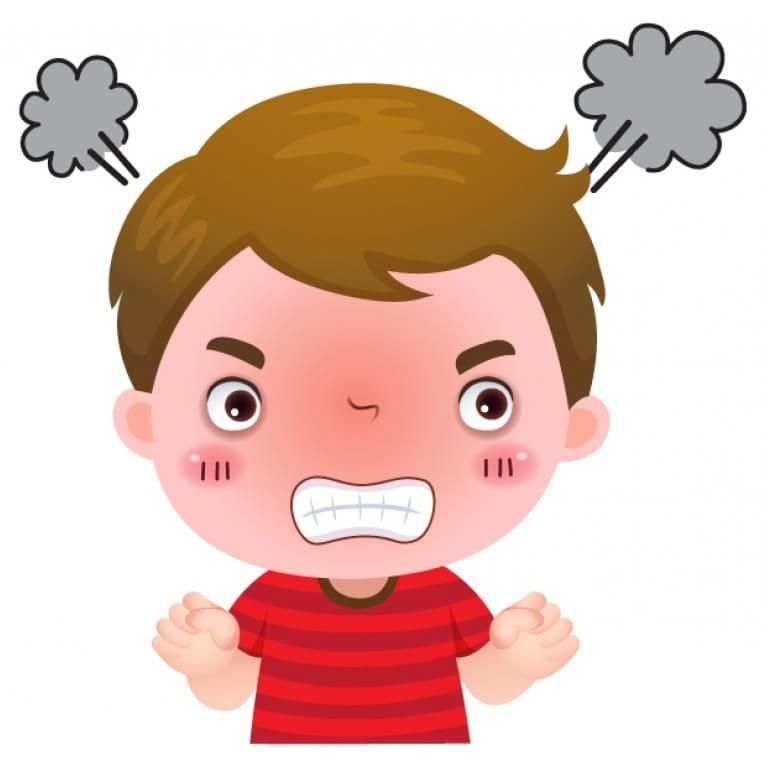 .. horror, logic is simply 0. There is no need to swear at all - this is emotional abuse and no learning. nineAugust 19, 2015 Personally, conversations do not help me cope with my daughter's tantrums. During tantrums, such verbal diarrhea begins! So many nasty things about each member of the family will express! And this is subject to a very friendly and strong family, in which they have been waiting for her appearance for a long time. Conversations before going to bed go in cycles, the feeling that the daughter has hammered an idea into her head and does not want to hear a different opinion ...
.. horror, logic is simply 0. There is no need to swear at all - this is emotional abuse and no learning. nineAugust 19, 2015 Personally, conversations do not help me cope with my daughter's tantrums. During tantrums, such verbal diarrhea begins! So many nasty things about each member of the family will express! And this is subject to a very friendly and strong family, in which they have been waiting for her appearance for a long time. Conversations before going to bed go in cycles, the feeling that the daughter has hammered an idea into her head and does not want to hear a different opinion ... 1
reply
Guest, June 28, 2017, 11:35 AM
She is developing her "I", and this is normal. Since childhood, I also showed this “I”, but my parents simply loved me and tried to understand. And thanks to this I am now smart, educated and happy. I think it's worth listening to the opinion of the child. Over time, his views will change, but the child will know that you consider him a person and accept him.
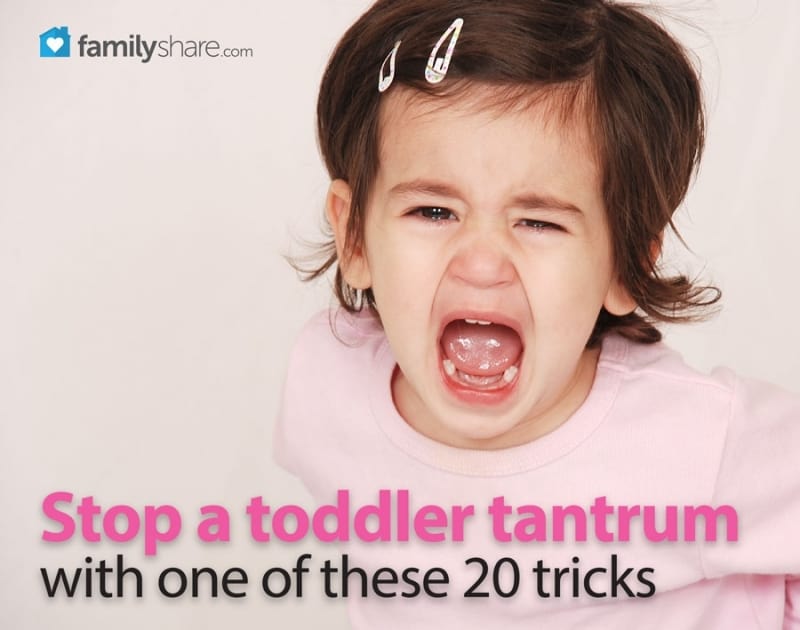 I think this is the key to a good upbringing!
I think this is the key to a good upbringing! 2
of answer
Guest, December 10, 2017, 2:47 PM
You can't praise yourself...:)
Guest, June 4, 2020, 00:15
Well, my daughter at the age of 6 is trying to blackmail me and threaten - like if, for example, I wake her up with the wrong tone or word, then my nerves will be ruined, since she will have a bad mood. Let her continue to do so, but should I accept her threats and blackmail and not take a steam bath? To live in fear that if I do something wrong, as my daughter should, then my nerves will go to hell? So I guess just trying to figure out how your parents are is not going to work. nine0003
MOA, March 01, 2016, 03:45 PM
Thank you, I really liked the article! My son from birth "gives a light", so I think we'll survive it;))) good luck to everyone!
Related content:
Oct 01 2022
Identity
Identity is a person's awareness of his belonging to one or another social and personal position within the framework of social roles and ego states.
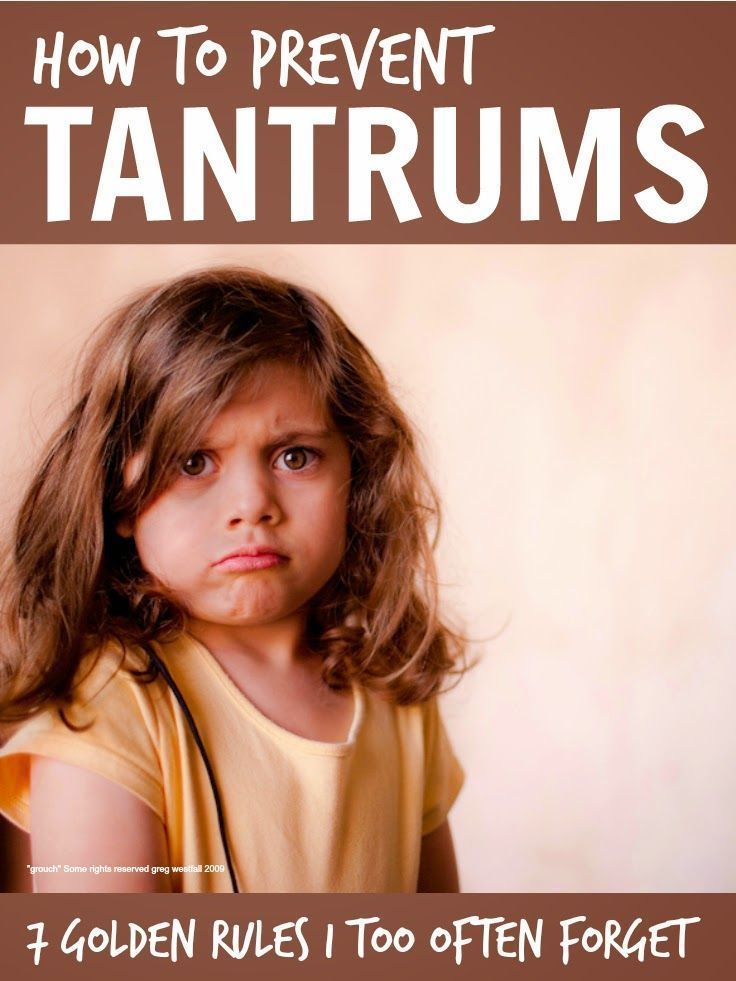
3Read more
01 Oct. 2022
Whims of a one-year-old and a three-year-old - various
Parents of children of all ages know whims, and some even tantrums. We perceive the fact that 3-year-olds are capricious, but when a one-year-old baby is capricious, you can hear such phrases: “yours is fine, but mine just learned to walk, but already shows character.”
0Read more
Oct 01 2022
Crisis of three years
The crisis of three years is different from what happened at the age of one month (the so-called neonatal crisis) or one year old (crisis of one year). If the previous two “tipping points” could have passed relatively smoothly, the first acts of protest were not yet so active, and only new skills and abilities caught the eye, then with the crisis of three years the situation is more complicated. It's almost impossible to miss it. An obedient three-year-old is almost as rare as an accommodating and affectionate teenager.
 nine0003
nine0003 1Read more
Mar 01 2014
From play to study, or crisis 6-7 years old
Once upon a time, our children were naive and open-minded, and we “read” them like an open book. Now get ready for another time. Even the most sensitive parents cannot always understand what their young heir thinks and feels. He has his own - inner - life, and he is not going to "for no reason" let adults go there. Why and where did it come from? We will see.
0Details
Jan 01 2010
Age-related crises in children
Child development is uneven, some transitions from one age stage to another can be painful.
2More
Crisis of 7 years old in a child - causes and help. Psychologist's advice
Tantrums, difficulties at school, just yesterday the child played in kindergarten, and today he has many responsibilities that are difficult for him to handle on his own.
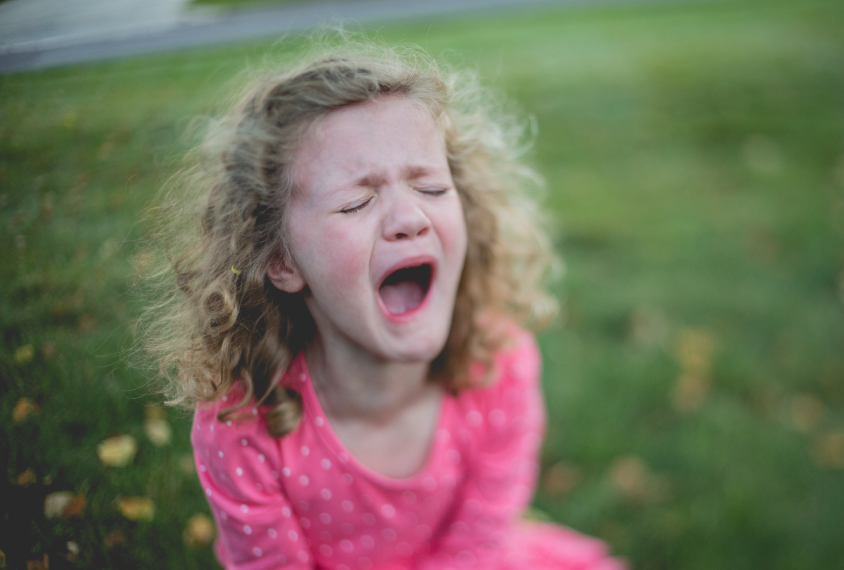 How to help a child survive the crisis of 7 years? Psychologist's recommendations. nine0003
How to help a child survive the crisis of 7 years? Psychologist's recommendations. nine0003 Crisis in a 7-year-old child. What to do?
What is a "crisis of 7 years in a child"? This is a crisis in the development of the child that occurs at the time of transition from preschool age to primary school age. The child becomes a schoolboy, he has a new social environment and social status, and the question of adaptation to new social conditions becomes acute. There are special requirements for the child. He comes close to assessing himself by others. nine0003
Causes of occurrence.
For a long time, everyone knows that every act has its own reasons, and even more so the behavior of a child at a stressful age - 7 years. So, let's talk about the most significant.
1. Loss of childish spontaneity.At school, for the first time, a child faces serious restrictions in terms of discipline. Rules, school dress code, lessons that last 45 minutes and the inability to throw out physical energy when you want.
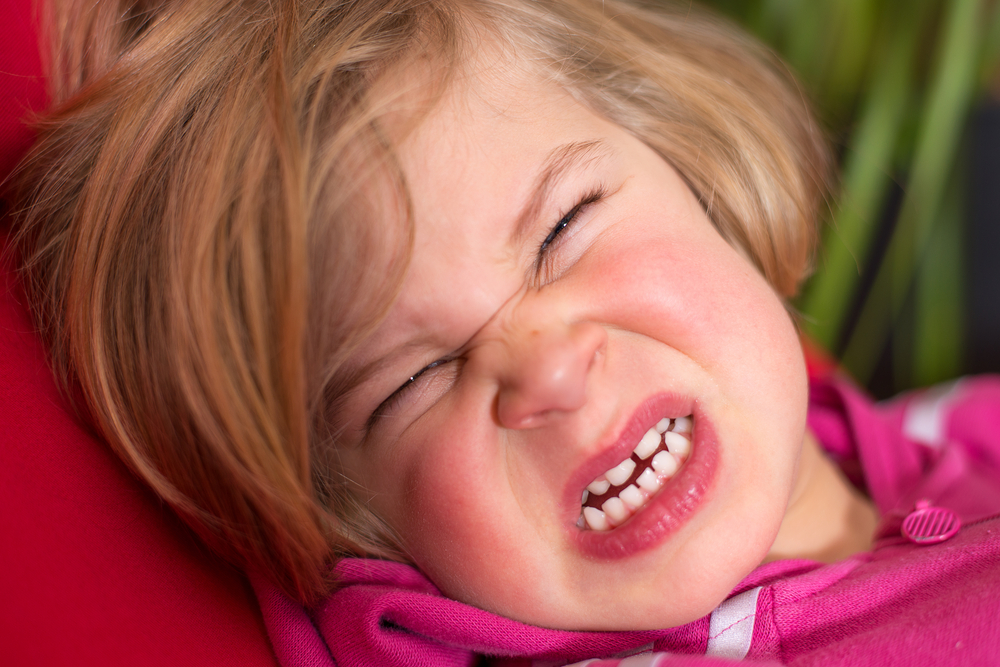 This radically turns the colorful world of the child, in which there was no place to concentrate on sometimes boring tasks for him. nine0003
This radically turns the colorful world of the child, in which there was no place to concentrate on sometimes boring tasks for him. nine0003
2. Awareness of one's own "I".At the age of 7, the child comes to awareness of his own experiences on a deeper level than when he was a preschooler. He begins to gradually understand how not only the world works, but also himself. Thoughts such as “who am I?”, “what do I like?”, “what do I want now?” now more and more often appear in the head of the student. Understanding is accompanied not only by positive emotions, but also by temporary disappointments and dissatisfaction with those needs that were previously satisfied by parents. Due to a combination of these factors, tantrums can occur in a 7-year-old child. nine0003
3. Getting a new status.Your baby is no longer a baby, but a student. He has new rights and obligations that he must comply with. The first responsibility is in the form of assigned homework, maintaining a neat appearance and discipline in the classroom.
 If earlier you could get away with various pranks, now people (namely, teachers) have appeared in his environment who are not going to do this. Therefore, now he has to learn to restrain his impulses in society, retaining his acquired status, which may not always be an easy task. nine0003
If earlier you could get away with various pranks, now people (namely, teachers) have appeared in his environment who are not going to do this. Therefore, now he has to learn to restrain his impulses in society, retaining his acquired status, which may not always be an easy task. nine0003
4. New friends.Often, it is at this age that the child begins to spend more time with peers. He sorts through one classmate after another, gets acquainted with the behavior of his new acquaintances and learns on himself the first feelings (friendship, sympathy, anger, resentment, injustice, etc.). Very often, a crisis of 7 years in a child arises just because of the collision of a pure, unencumbered consciousness with worldly feelings.
The main signs of the crisis 7 years.
All changes in the child can be divided into 3 main groups:
1. The first group of symptoms is associated with the child's emerging craving for independence:- the emergence of a great interest in family affairs.
 This may be an interest in the relationship of parents, in the family budget, etc.;
This may be an interest in the relationship of parents, in the family budget, etc.; - frequent entry into adult conversations, sometimes with acquaintances of parents; nine0003
- a sudden desire to take on new responsibilities, showing great importance to his person.
2. Is your 7 year old child out of control? Then he belongs to the second group, which has crisis symptoms associated with violation of the rules and customs adopted in the family:- scatters or even breaks donated toys;
- refuses any requests;
- shows stubbornness, often argues with or without a reason; nine0003
- rude, angry.
3. The third group is distinguished by imitation of adults:- mimics facial expressions, voices and movements of adults;
- asks to buy fashionable clothes and expensive gadgets;
- grimaces;
- is too offended when he hears criticism or jokes addressed to him;
- Mood can change dramatically.
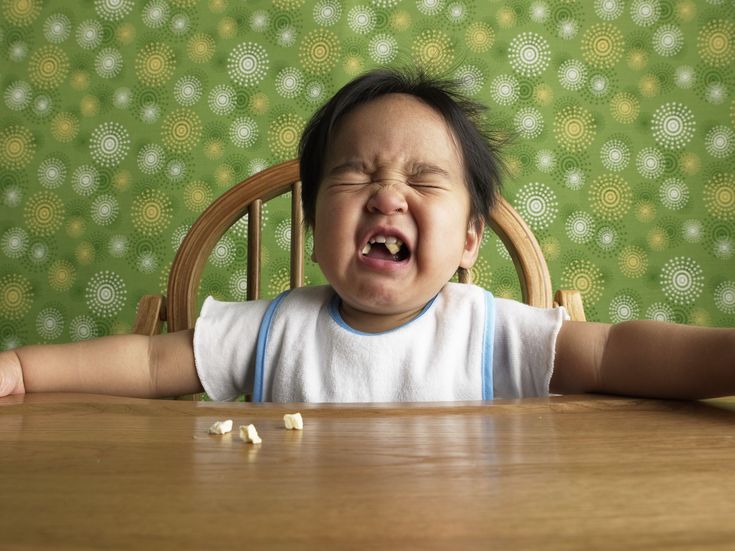 nine0003
nine0003 If you have noticed one or more of the behavioral deviations in the child indicated in this paragraph, your child is probably going through a crisis of 7 years. All manifestations are very important both in the development and in the later life of the child.
Gender specifics.
Despite the fact that the causes of tantrums in a 7-year-old child are approximately the same, gender differences in the behavior of children are still noticeable. Problems in girls and boys manifest themselves differently. nine0003
Girls quickly get used to the new school stage and become more focused and responsible in the status of a student. Therefore, they can safely endure many shocks while they are away from home. So, a diligent student at school can, upon arrival home, throw violent tantrums and be capricious on every occasion in the presence of her parents. It is important for parents to have calm conversations with the girl, often ask about her condition, direct her to creative disciplines, where she can show herself real.
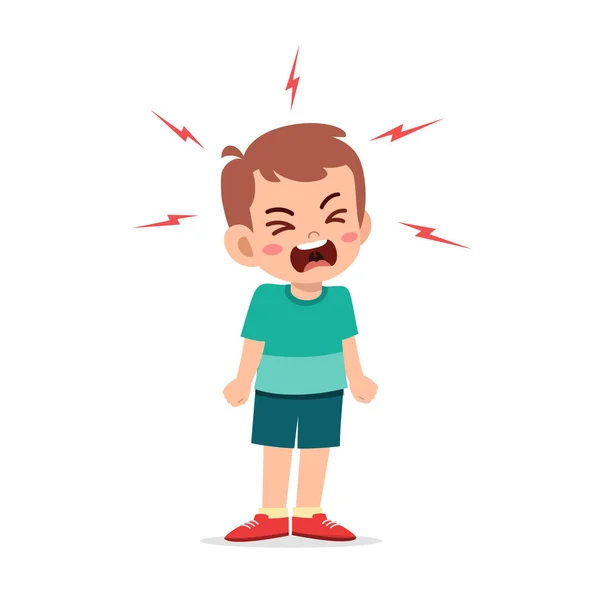 nine0003
nine0003 Boys at the age of seven try too hard to prove themselves, throw out their energy and show all their skills and qualities. Therefore, their behavior is often catchy, not amenable to external control. Rivalry with other boys, aggressive behavior, bullying girls - almost every boy goes through this period. It is very important for parents to direct the energy of the child in the right direction, for example, in sports, in walks and outdoor games.
So, summing up the signs of gender differences, we can understand that the girl directs energy inward, trying not to receive condemnation from others (if not her parents). And the boy, on the contrary, gives all his energy to the world around him. nine0003
Crisis through the eyes of a child.
Try to remember what it's like to be a child of 7 years old. What feelings did you experience and what did not suit you in the behavior of your parents.
Let's say you are 7 years old. You first came to school, where, by the way, you need to get up early and collect your portfolio every day in the evening.
 Starting September 1, everyone around you keeps saying that you are now an adult. And what does this mean, you still can not understand. After all, your mom collected your briefcase, and you go to the line hand in hand with dad. nine0003
Starting September 1, everyone around you keeps saying that you are now an adult. And what does this mean, you still can not understand. After all, your mom collected your briefcase, and you go to the line hand in hand with dad. nine0003 Here you meet your future classmates, whom you definitely need to get to know. You came to school to socialize, and not to sit in the corner. And if you don't like someone, what do you do? - do not communicate, respond to minor insults in the same way (or start crying). But no, I'm an adult now, we must seek a compromise to resolve the conflict. And... not yet.
Then, parents meet you from school, and you, upset by the first quarrel / fight, go home and think: “should I tell my parents about this incident or am I too old for such weaknesses?”. nine0003
This is how the crisis of 7 years in a child is felt. Constant contradictions, the desire to become an adult and make adult decisions. At the same time, the impossibility of fulfilling one's desires due to such a small age and experience.

How to survive this period for parents?
The age crisis of 7 years in a child is marked by a new life stage both for the child and for the parents. All previous methods of education become ineffective and one has to resort to various advice from sources. nine0003
So, first of all, parents should put themselves in the place of the child. Remember how you did not like the guardianship of your parents as a child. How they wanted to know this world on their own, without anyone's help.
Do not try to overprotect your child, gently guide him, without a raised tone.
What not to do:1. Don't overload it with circles and sections. Let him choose one thing and invest time in studying and additional activities evenly. nine0003
2. Do not put pressure on the child. Over time, everything will “settle down”, the main thing is to calmly treat his “difficult” period.
3. Another extreme - do not ignore his problems at school.
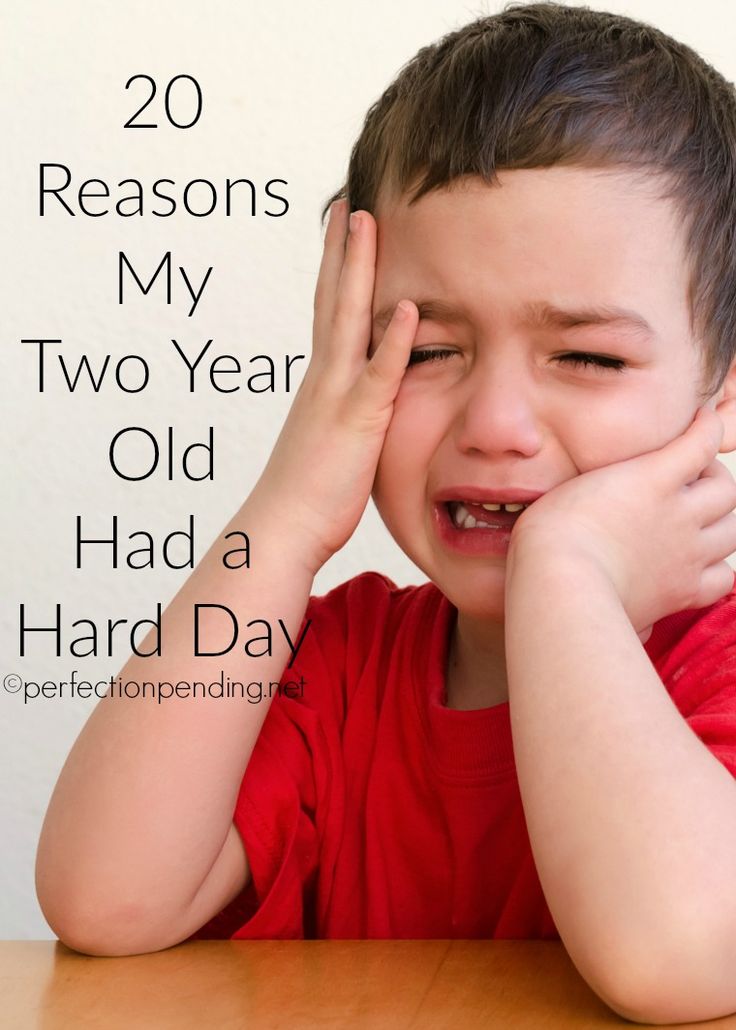 Still, a parent can sometimes help a little more than if the child copes with troubles alone.
Still, a parent can sometimes help a little more than if the child copes with troubles alone. 4. NEVER humiliate your child! This leads to a whole set of future complexes and injuries, which will further spread not only to his sense of self, but also to his close friends and acquaintances. nine0003
5. Do not annoy with talk about the upcoming adult period. This will only exacerbate the problem, and will not allow you to deal with it.
What to do:
1. Spend more time with your child, especially outdoors, doing different types of activities.
2. Demonstrate your love in the form of caresses, tenderness, kisses, hugs.
3. Talk about various topics. nine0003
4. LISTEN carefully always, under any circumstances!
5. Laugh and fool around together. This will help the child to trust you.
The consequences of the crisis in a child of 7 years.
It is important to understand that the child is not to blame for what happens to him, and the final outcome depends on the competent attitude of parents to this problem.

The right upbringing strategy and the peace of mind of parents can help not only to transfer the period of growing up of a child sensibly, but also to develop in him: nine0003
- a positive attitude towards learning
- respect for teachers
- ability to concentrate
- patience,
- industriousness,
- attentiveness,
- desire to learn new things
- the desire to succeed.
But there is also a negative outcome, such as:- Decreased self-esteem, lack of confidence in their abilities;
- loss of interest in learning;
- low academic performance;
- Conflicts with teachers and classmates.
How to help a child. Psychologist's advice.
Be sure to be patient to provide your child with the support they need at this stage of their life.
Ask your child's opinion on family matters, consult with him.

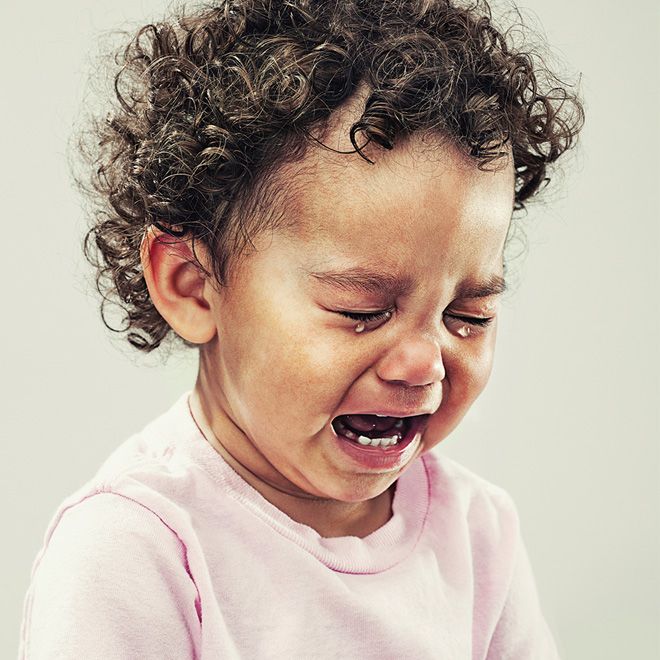
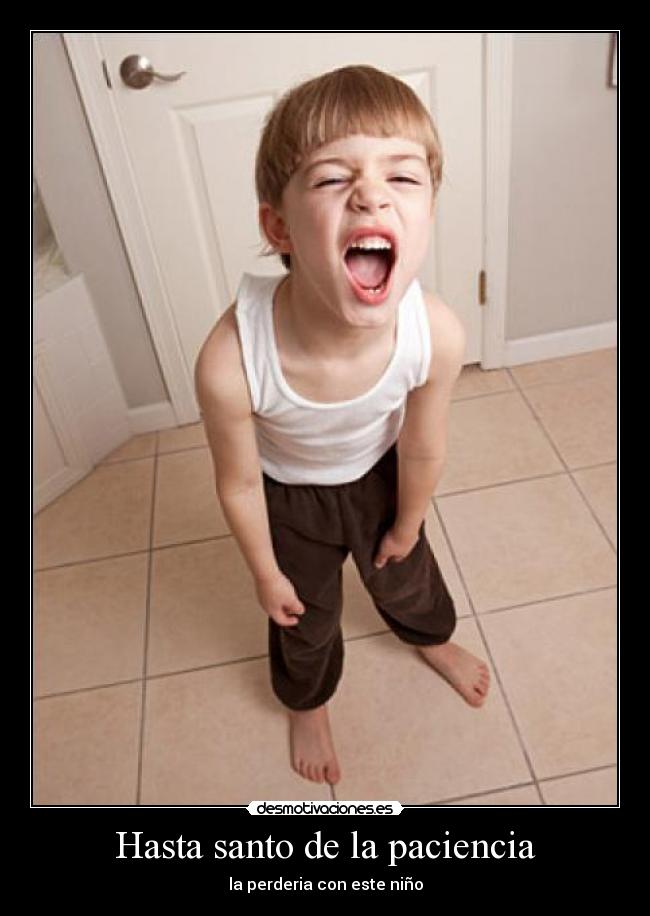 This might include:-
This might include:-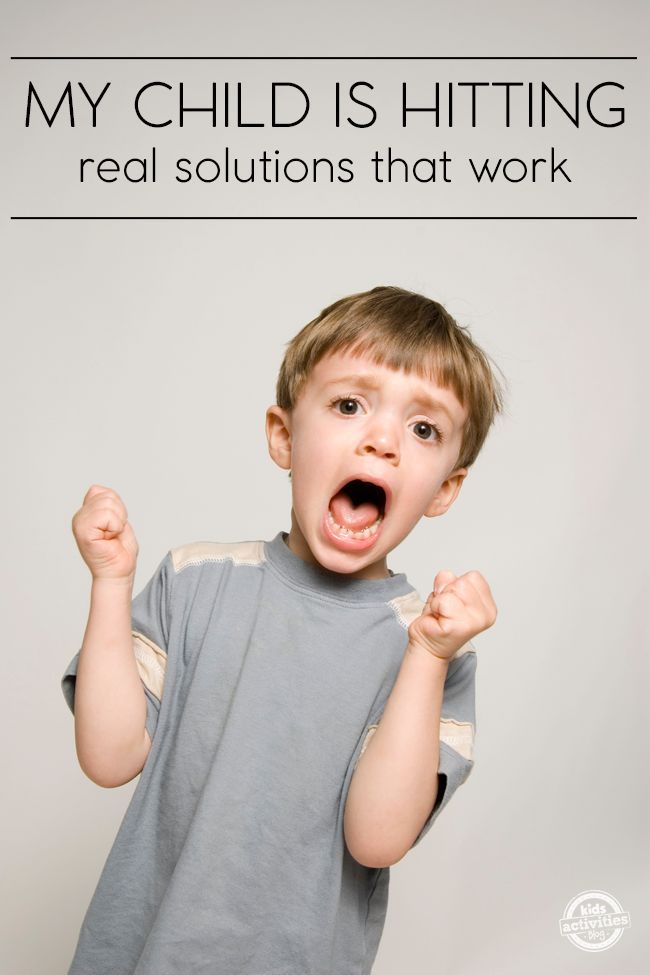 It’s amazing how much impact a calming environment can have upon our internal state.
It’s amazing how much impact a calming environment can have upon our internal state.
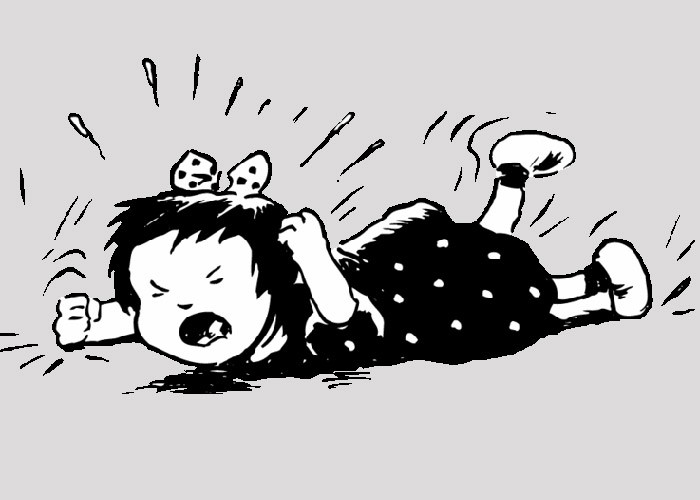 Try to continue in this way even if you think your child won’t be able to hear you.
Try to continue in this way even if you think your child won’t be able to hear you. It can be frustrating not knowing when the tantrum will stop. You may feel tempted to give in to their demands or start bargaining a resolve with them. However, they have lost control of rational thinking and they need someone to contain and “hold” the emotion for them. Be strong, fair and firm and wait until the emotions have peaked and come down.
It can be frustrating not knowing when the tantrum will stop. You may feel tempted to give in to their demands or start bargaining a resolve with them. However, they have lost control of rational thinking and they need someone to contain and “hold” the emotion for them. Be strong, fair and firm and wait until the emotions have peaked and come down. Ask your child what they’re feeling and what’s happening for them.
Ask your child what they’re feeling and what’s happening for them.
